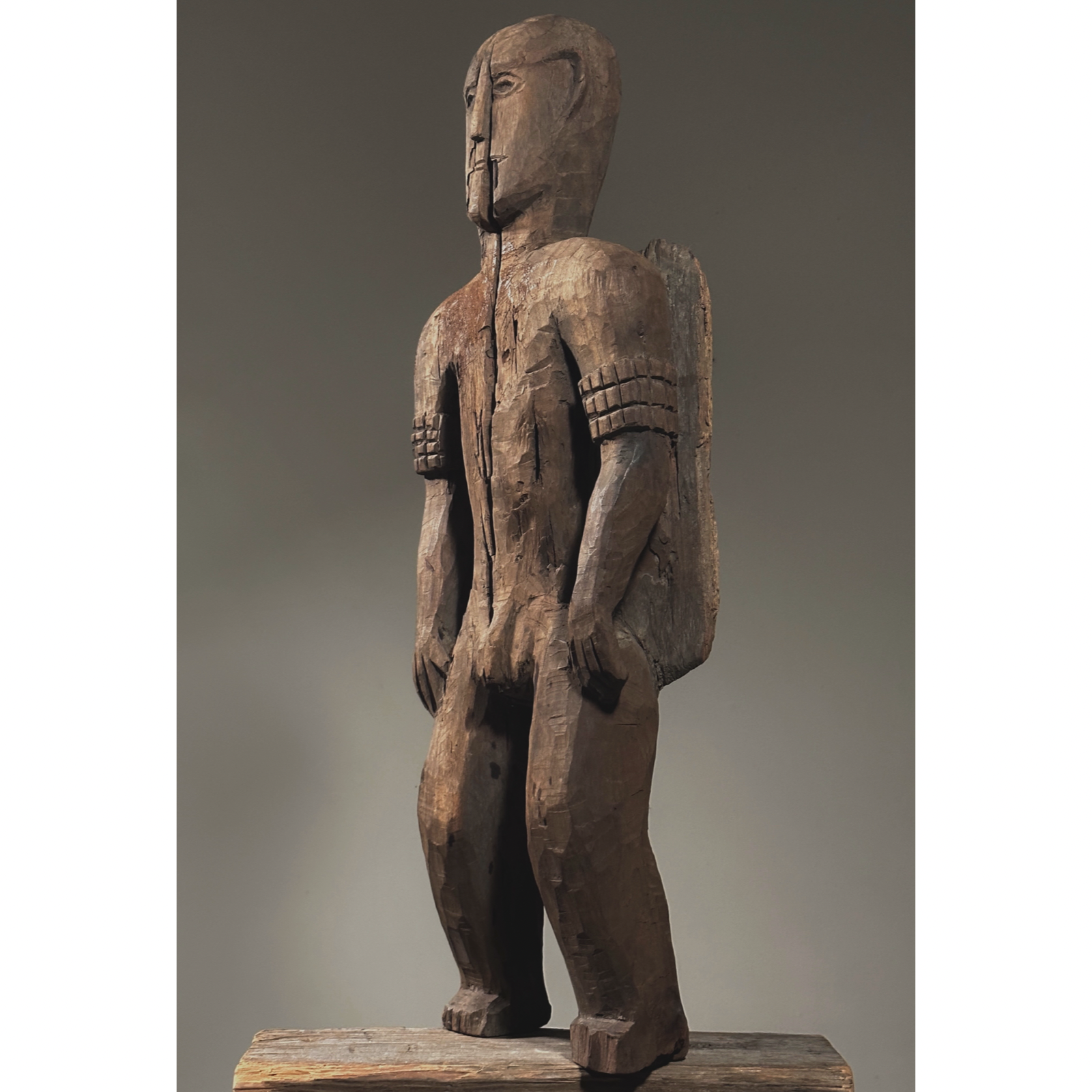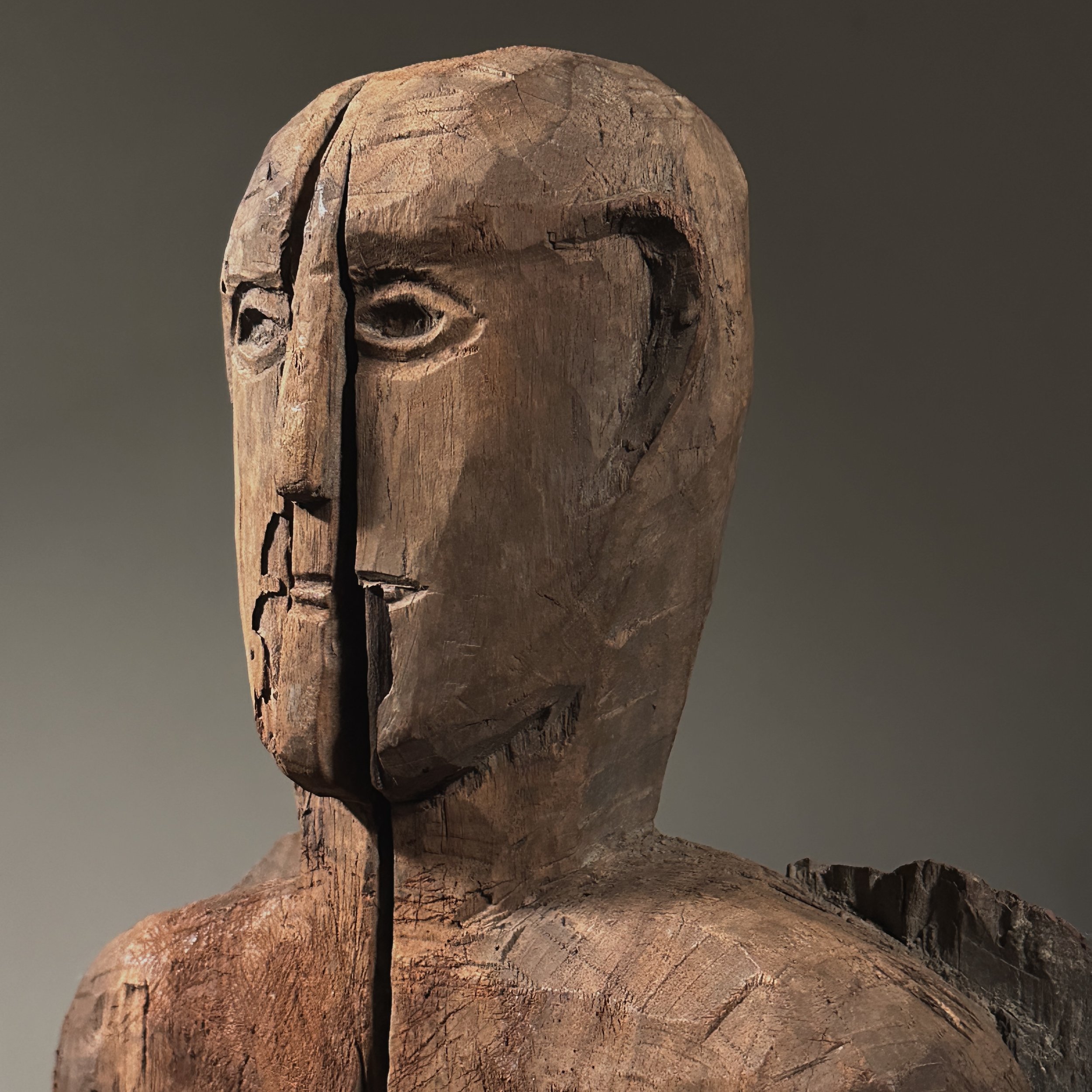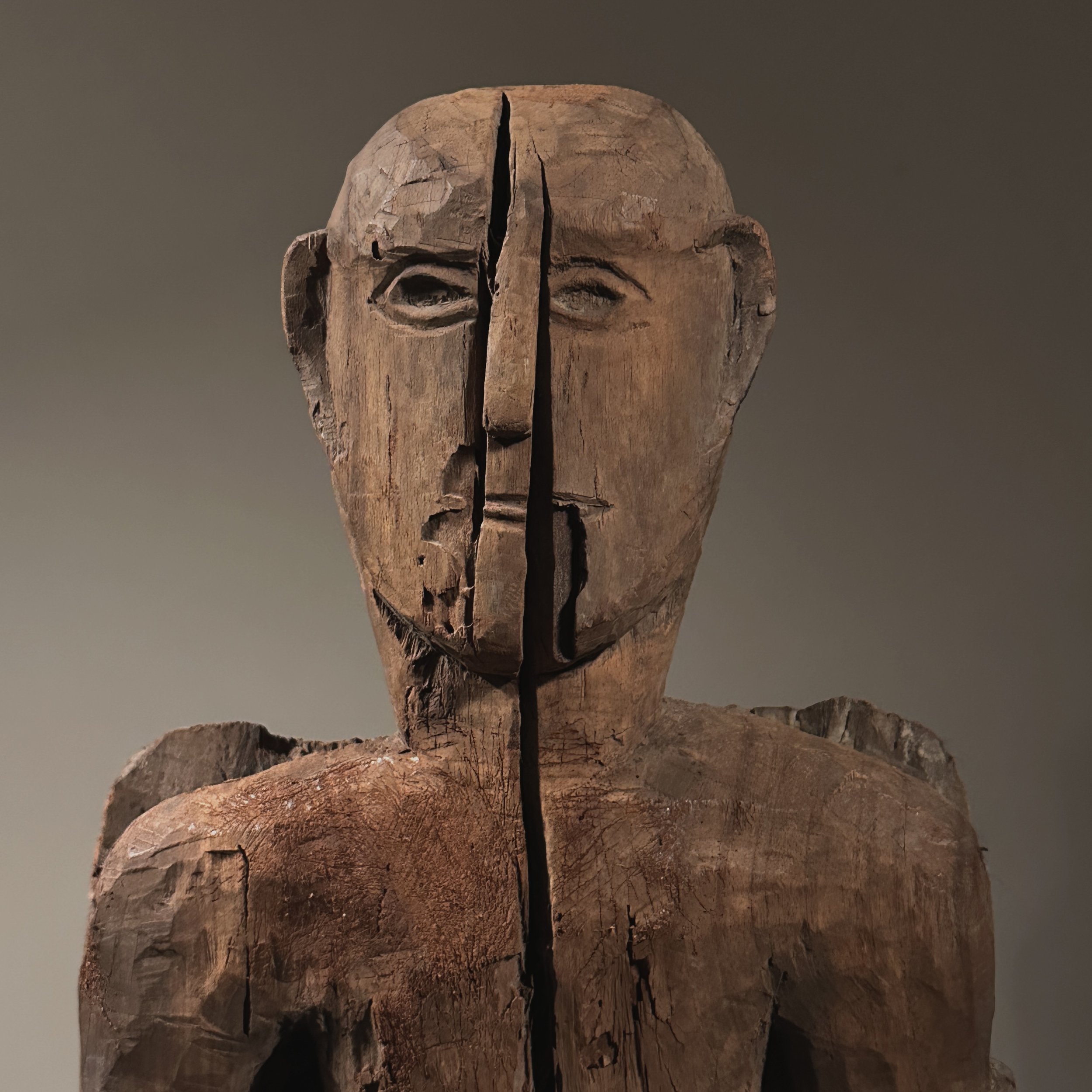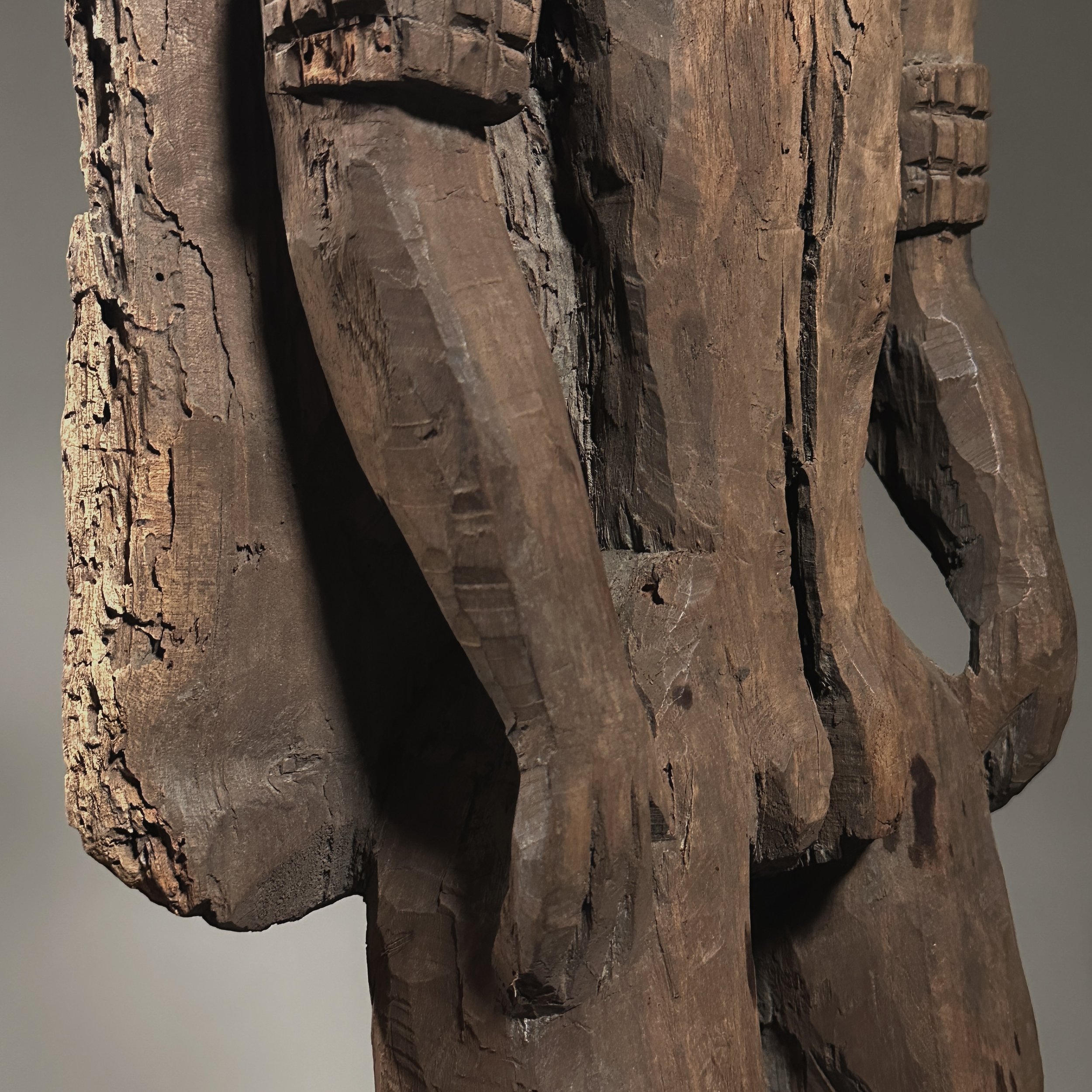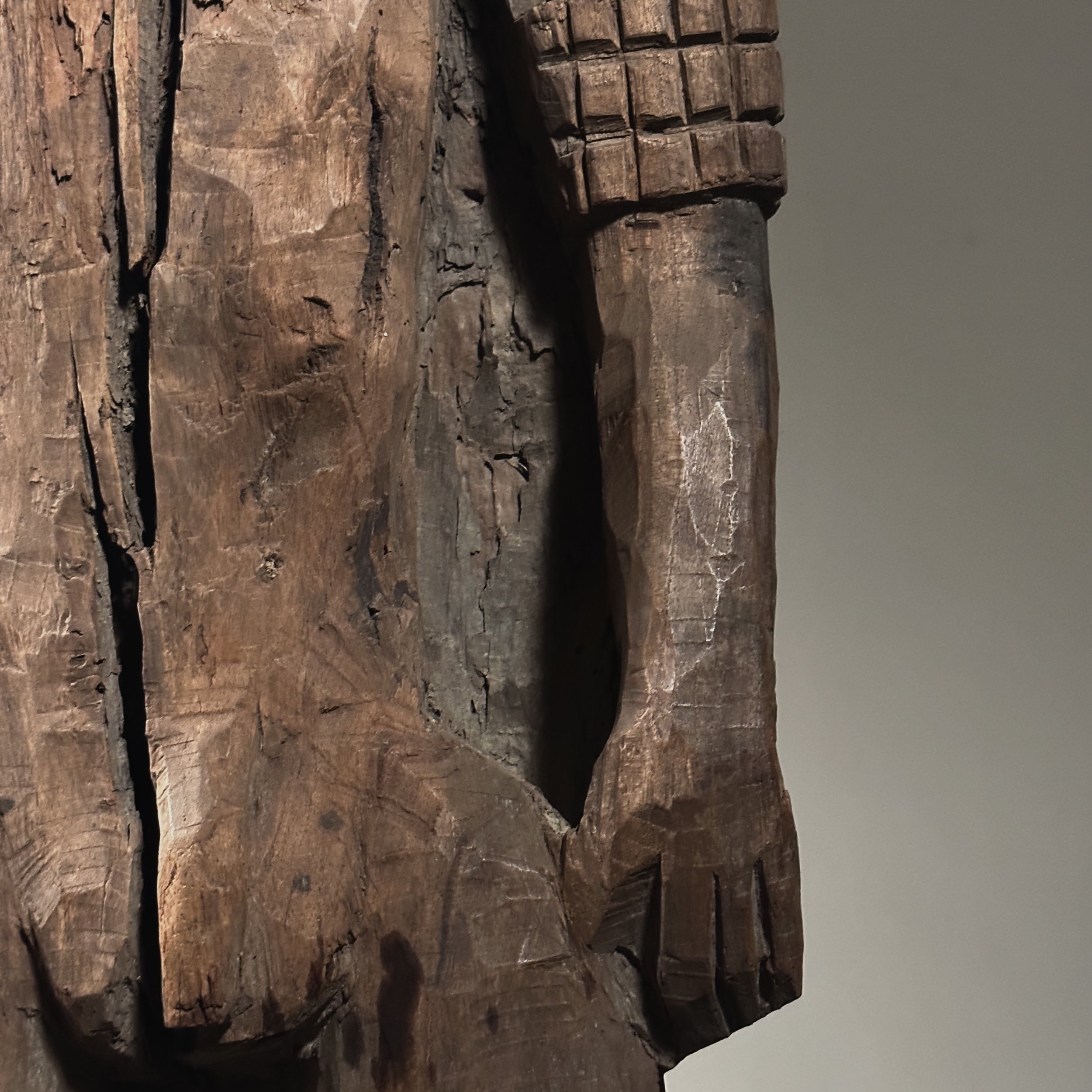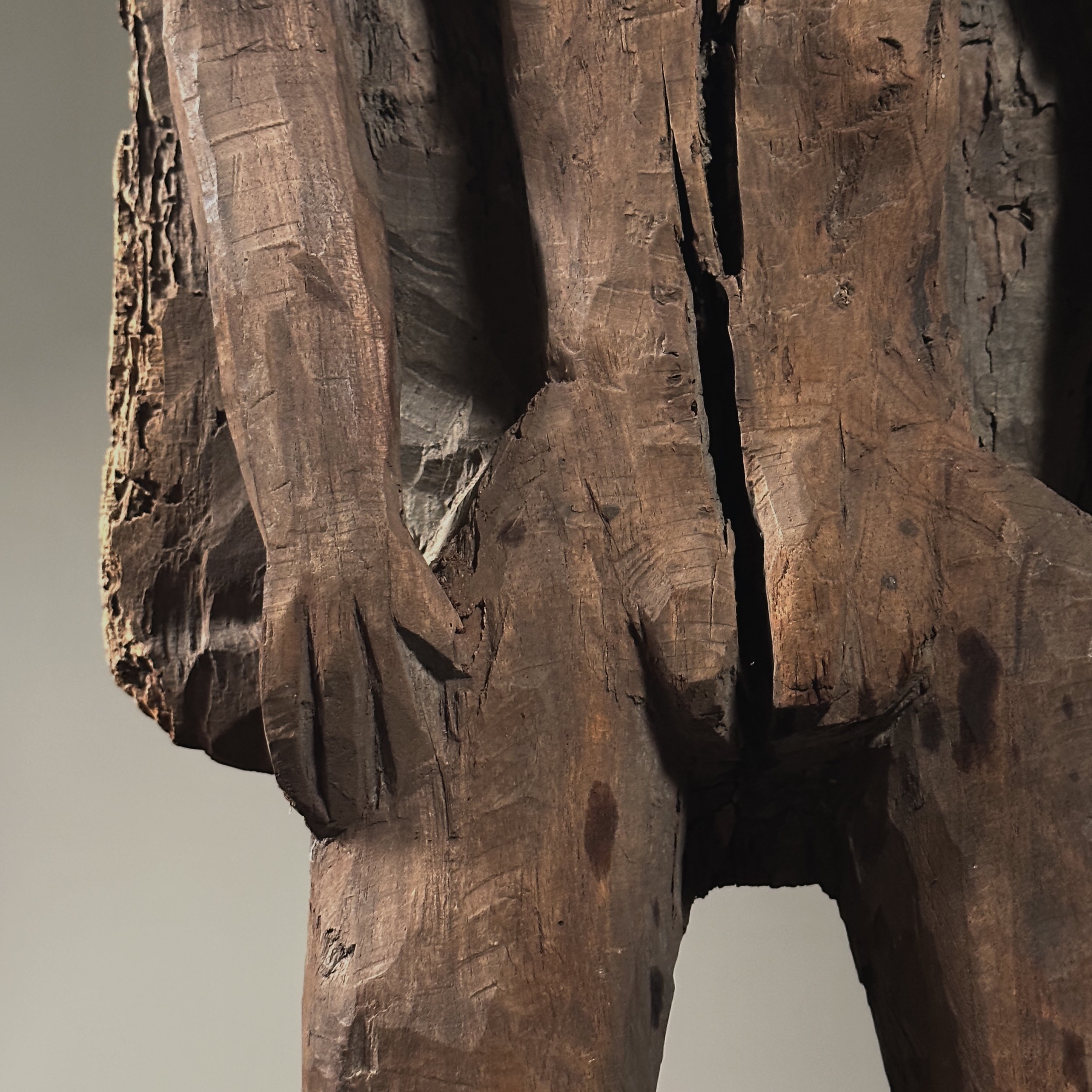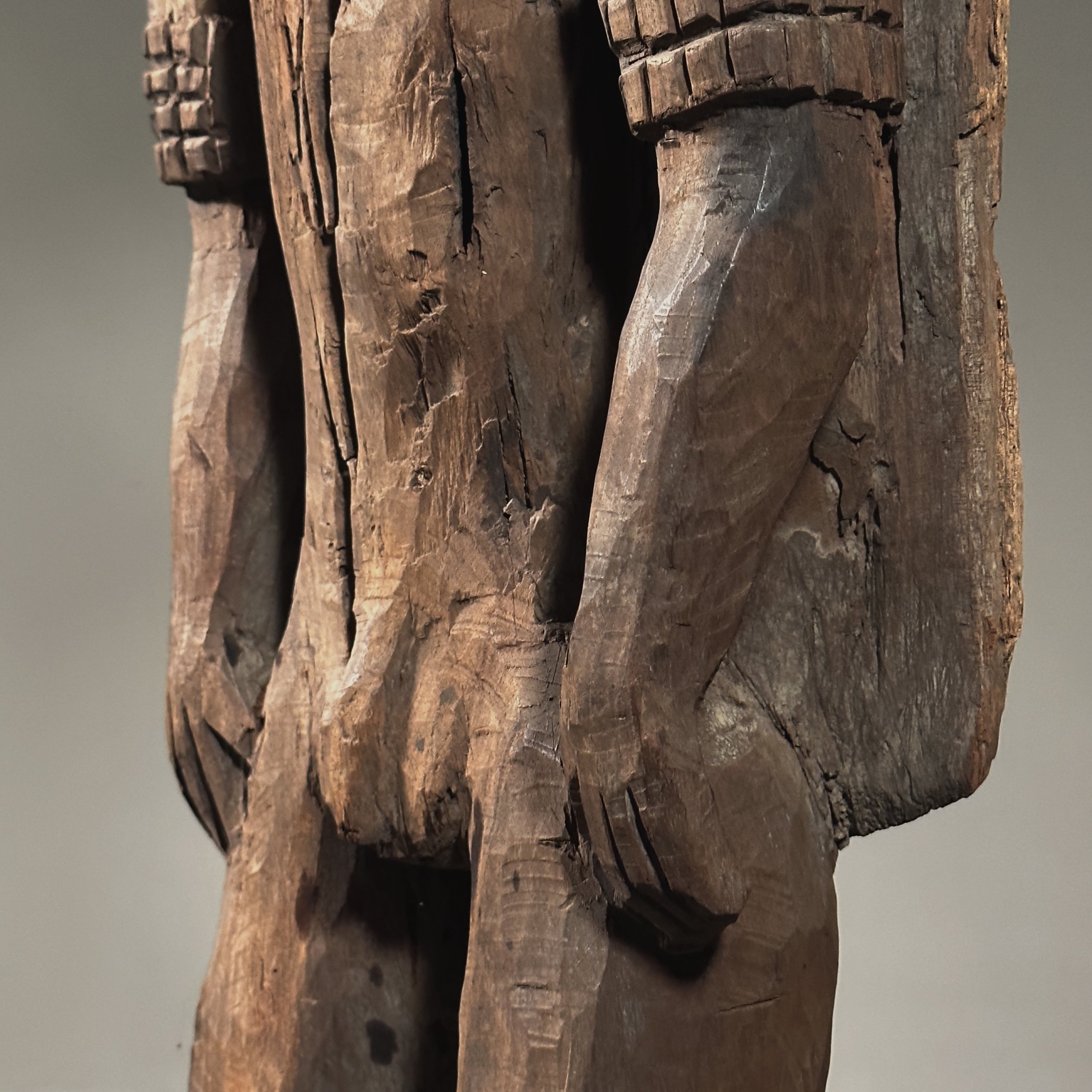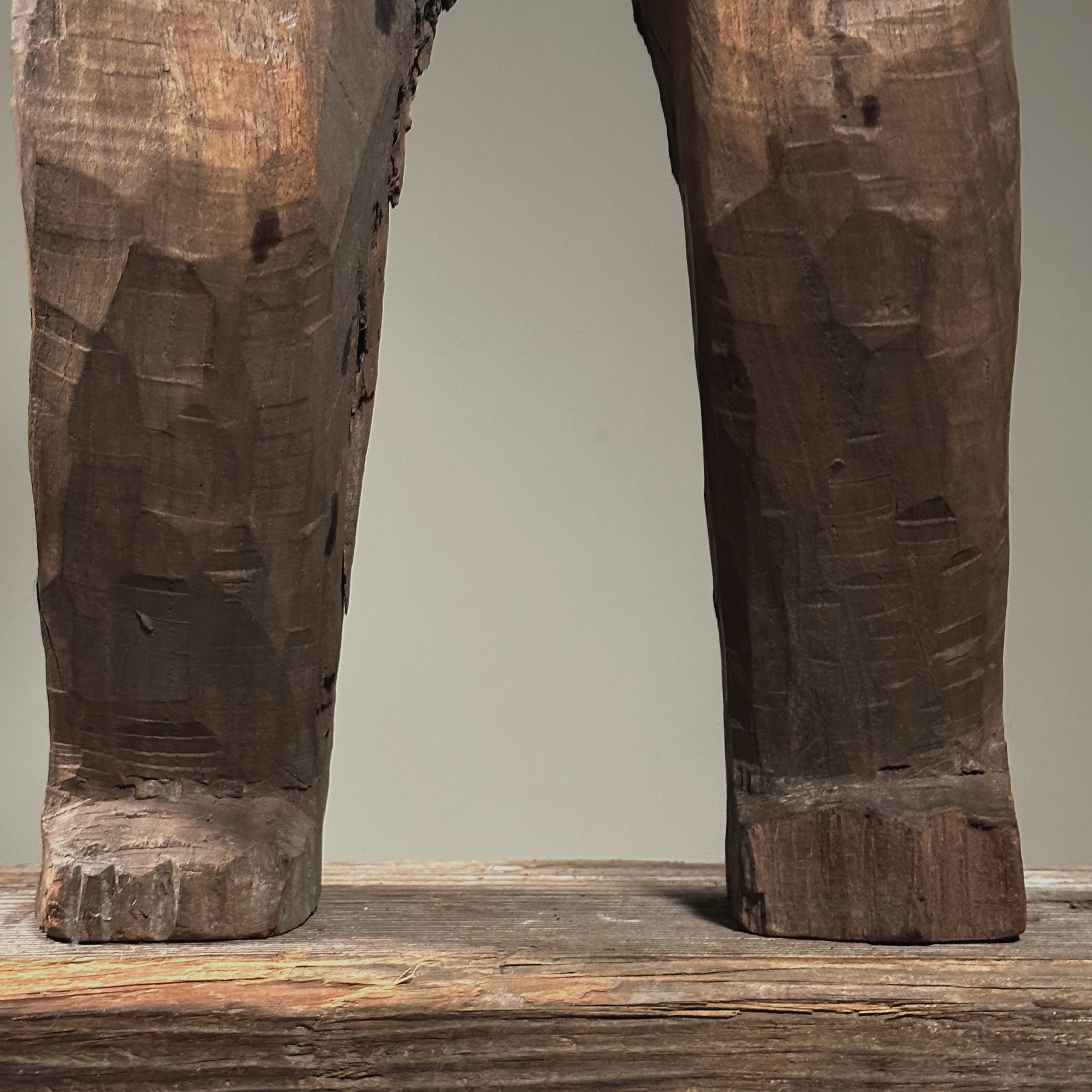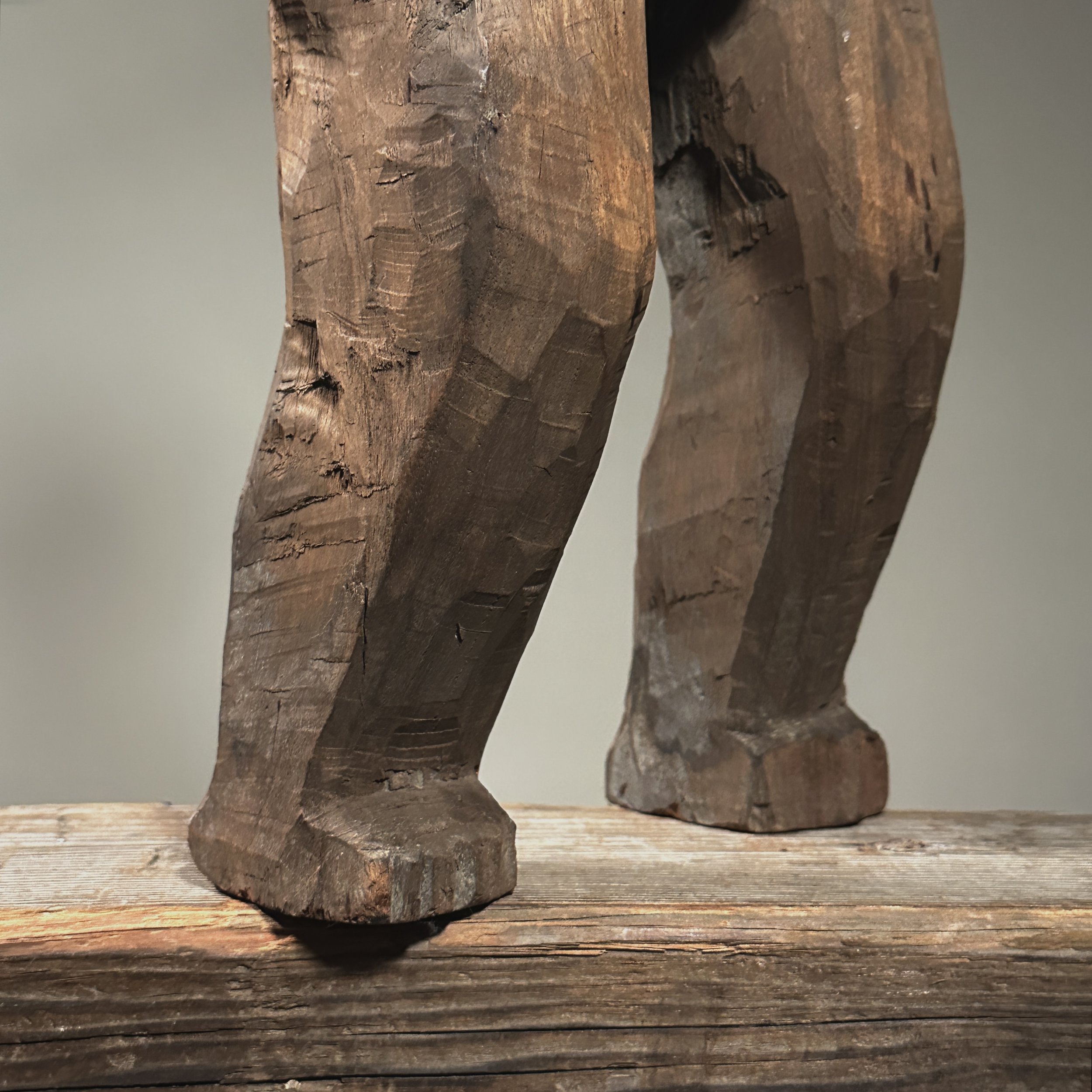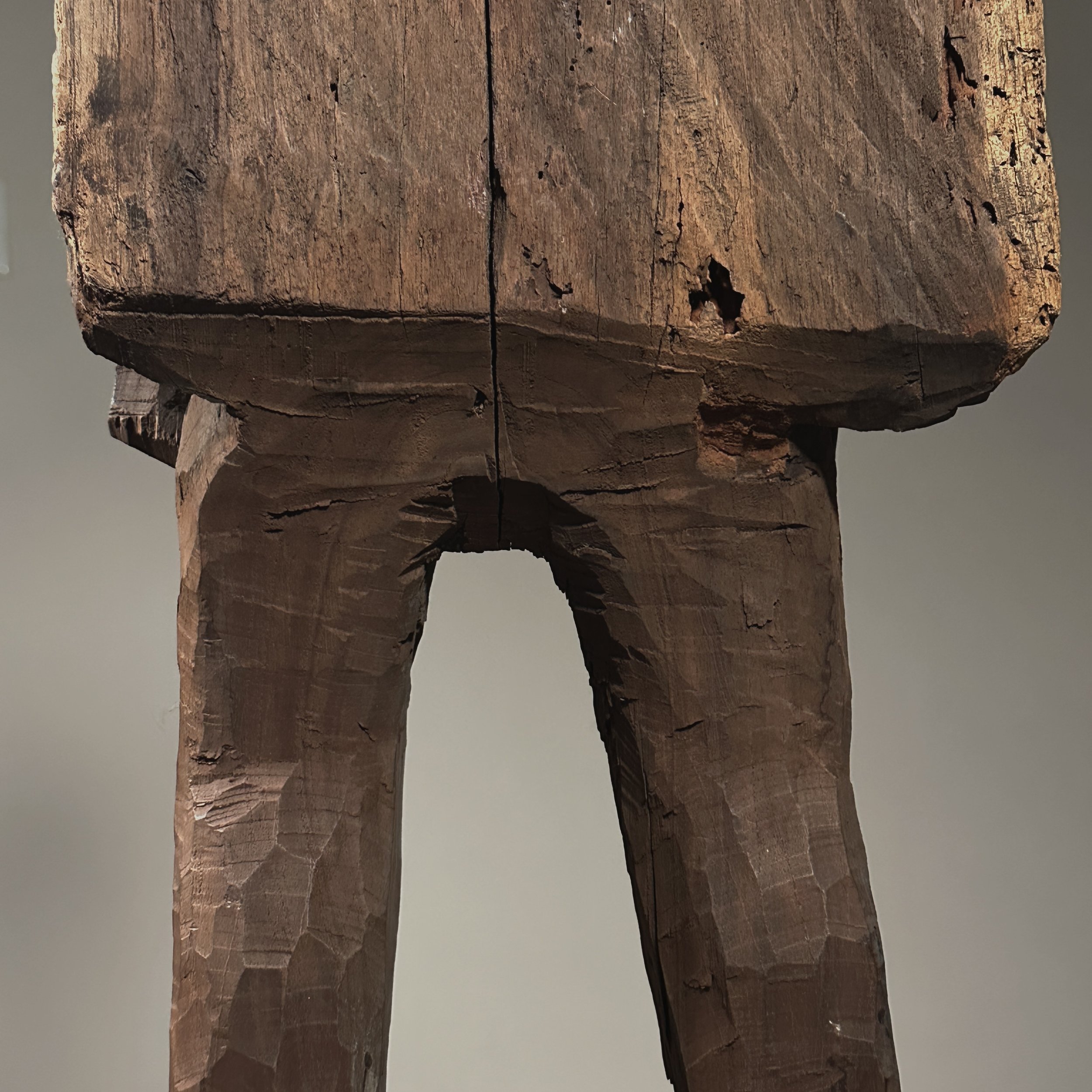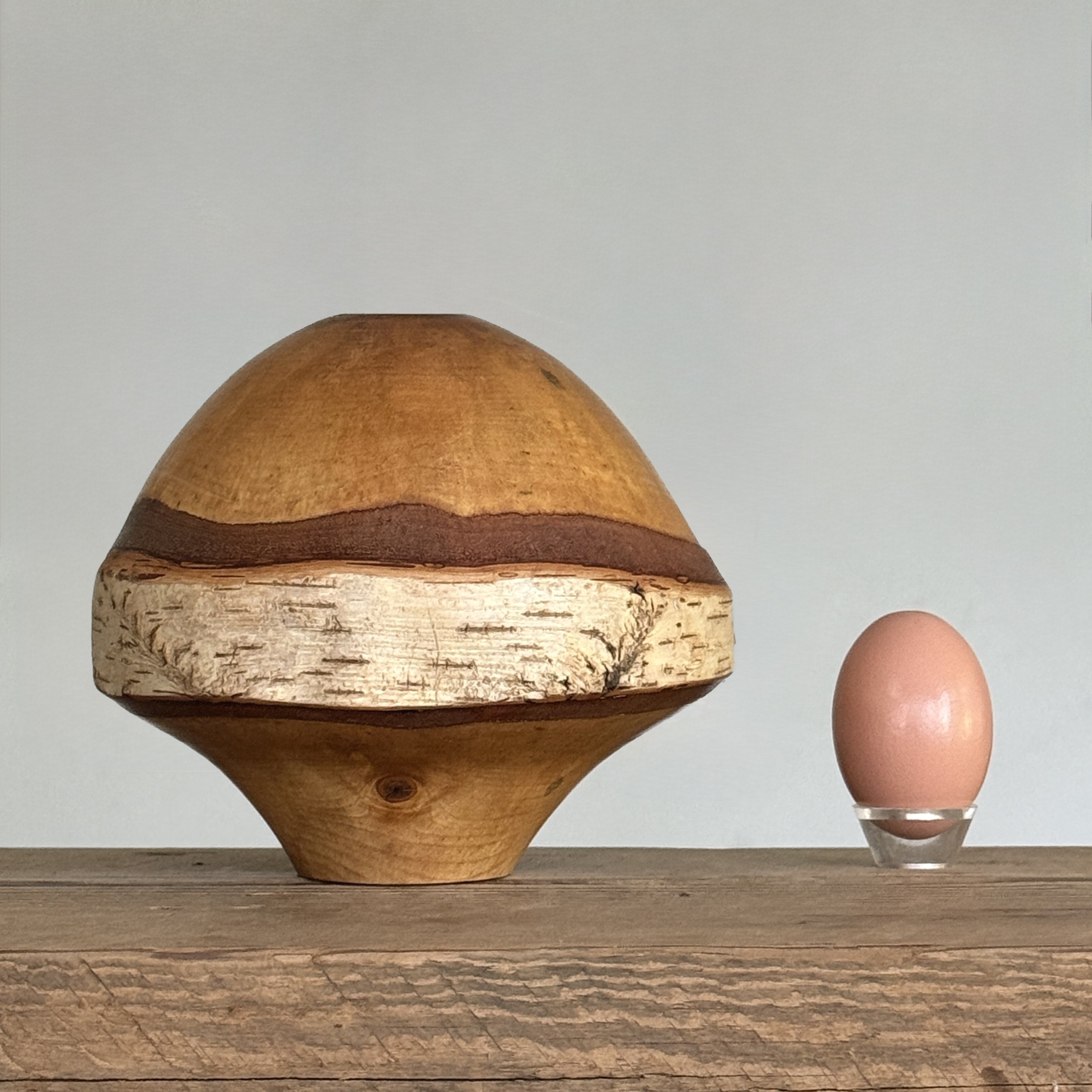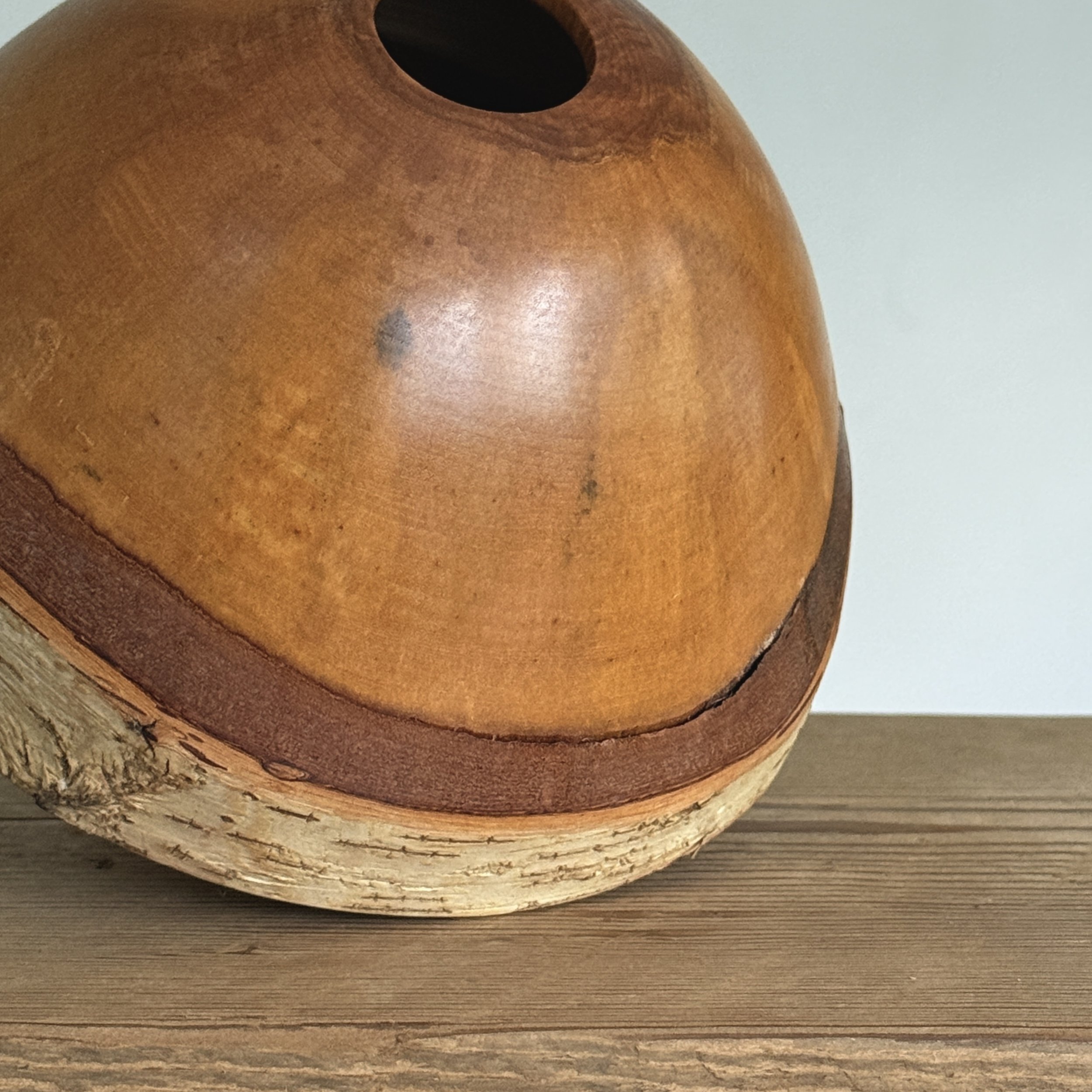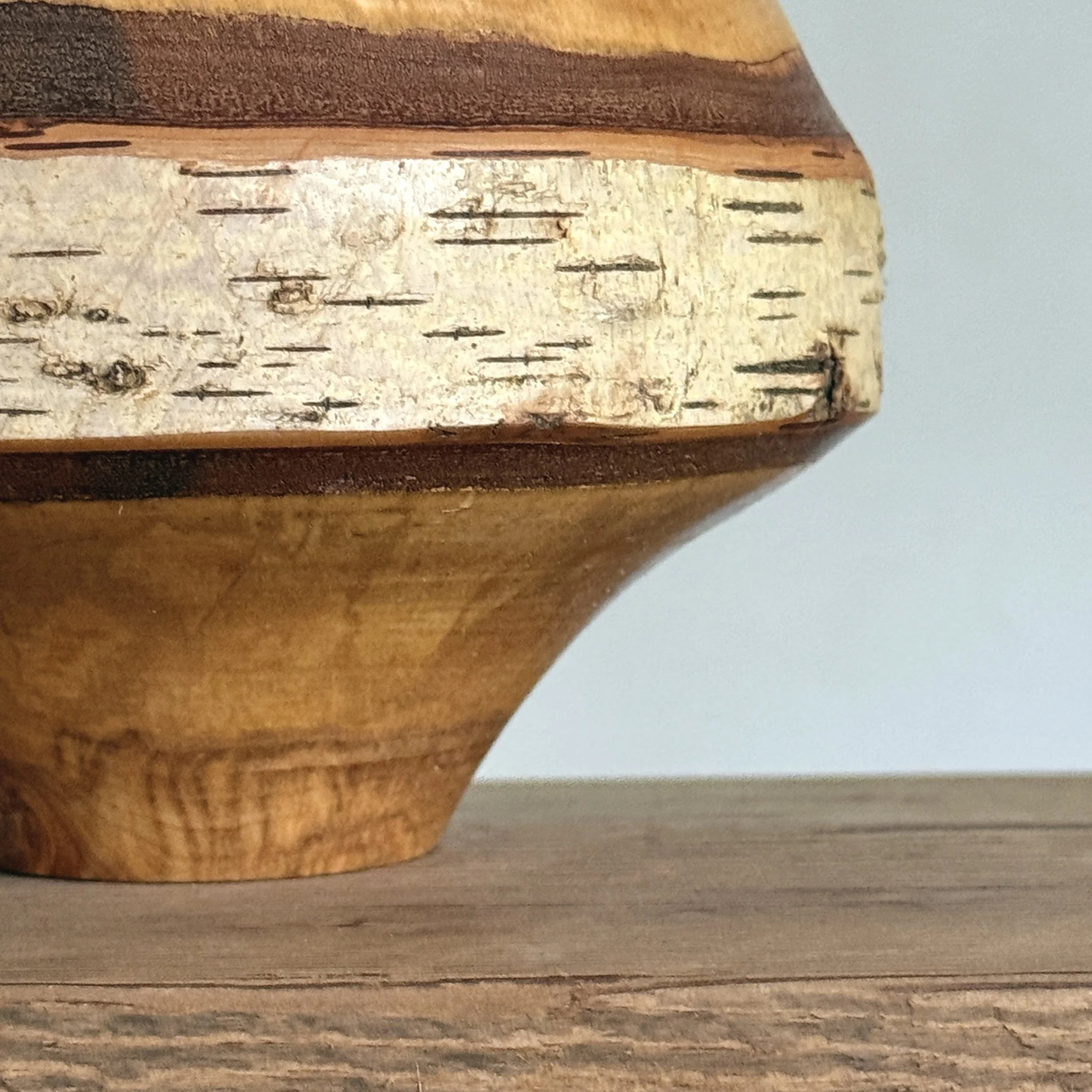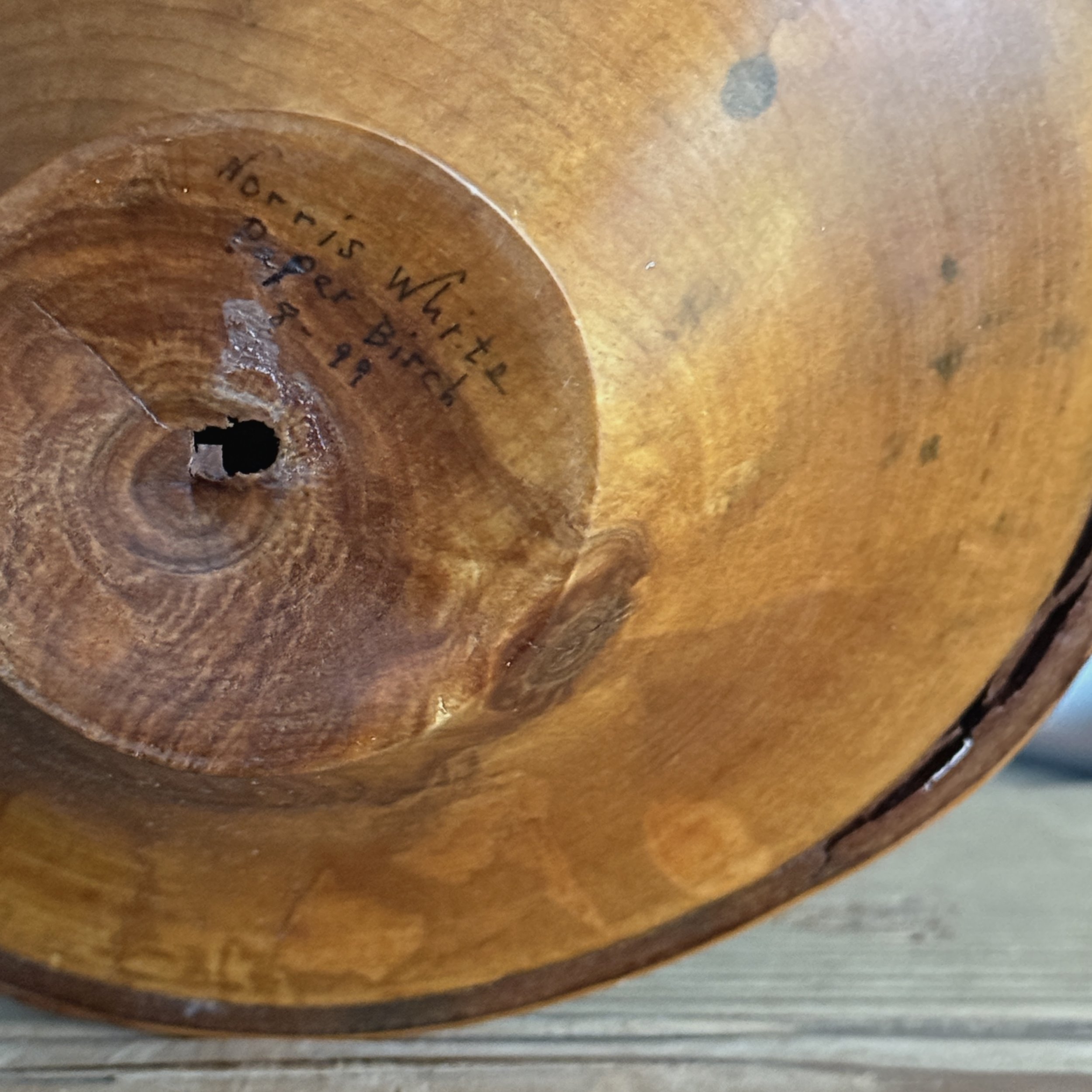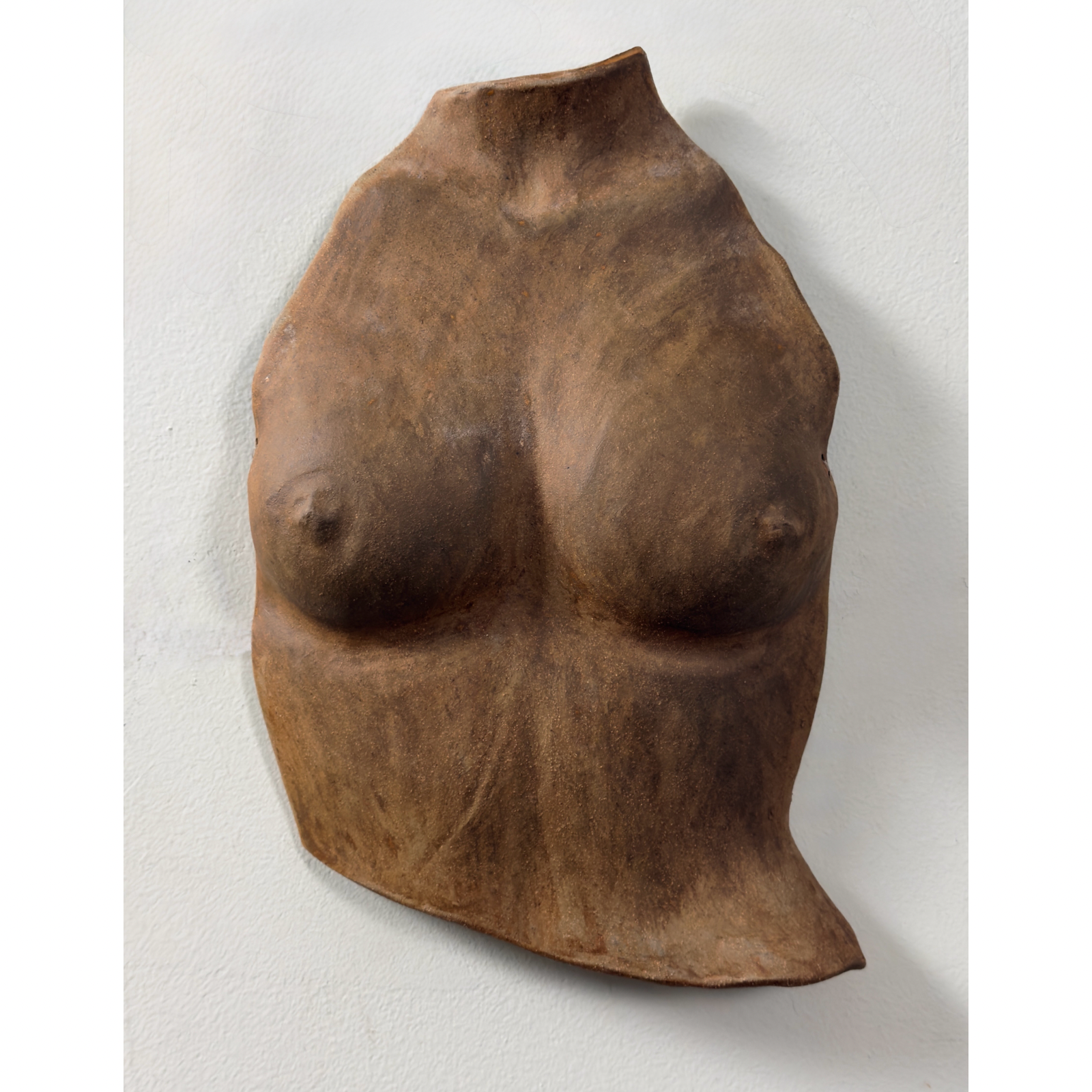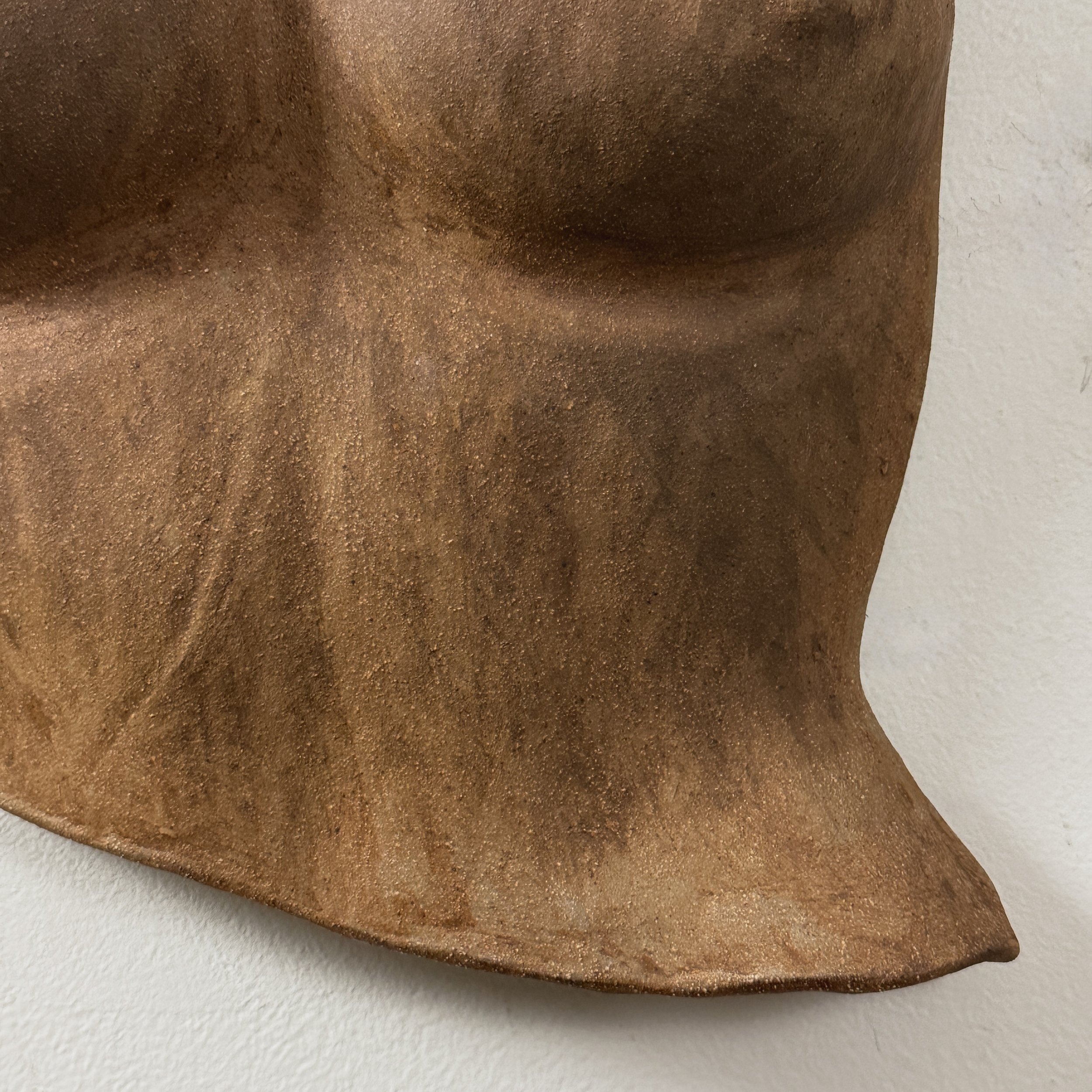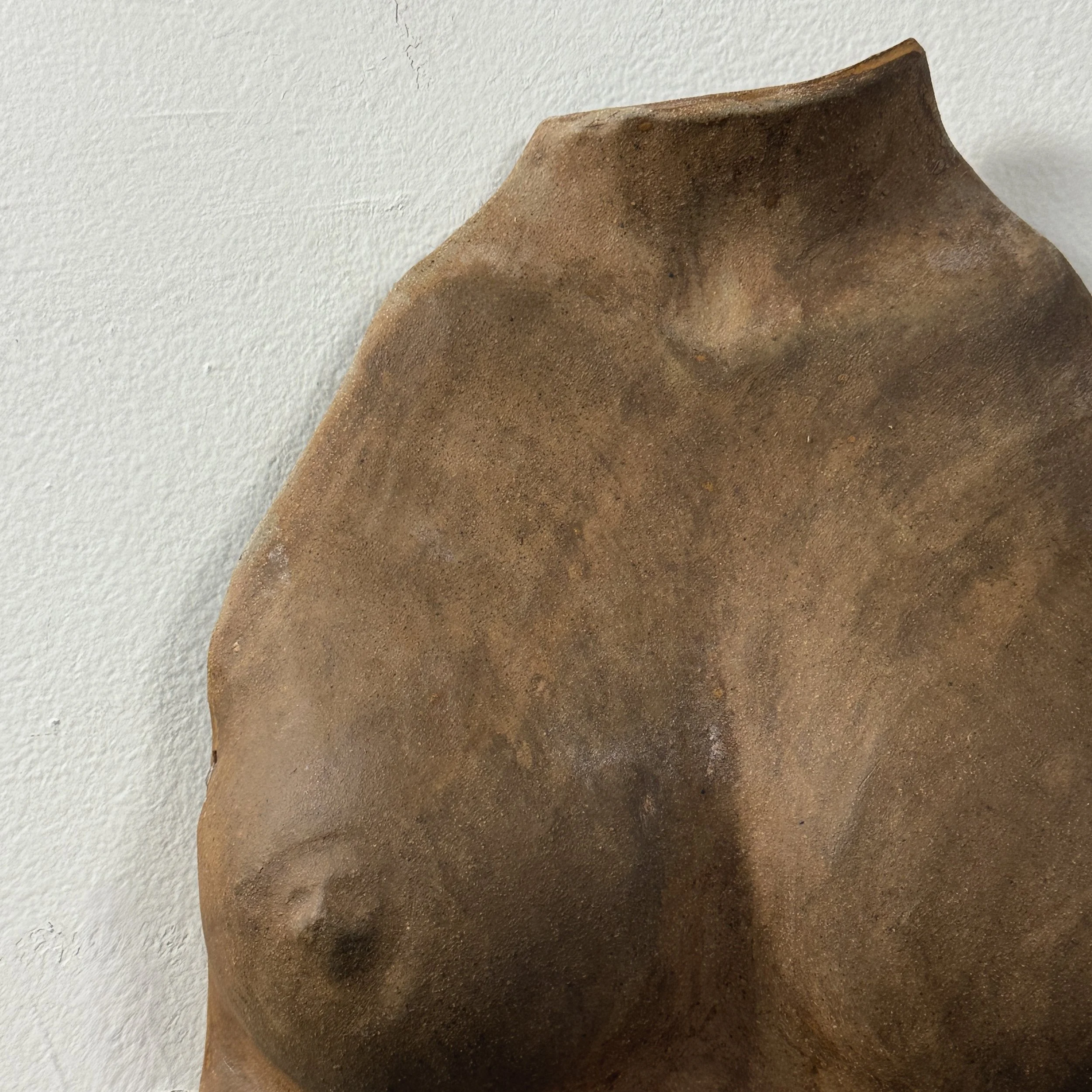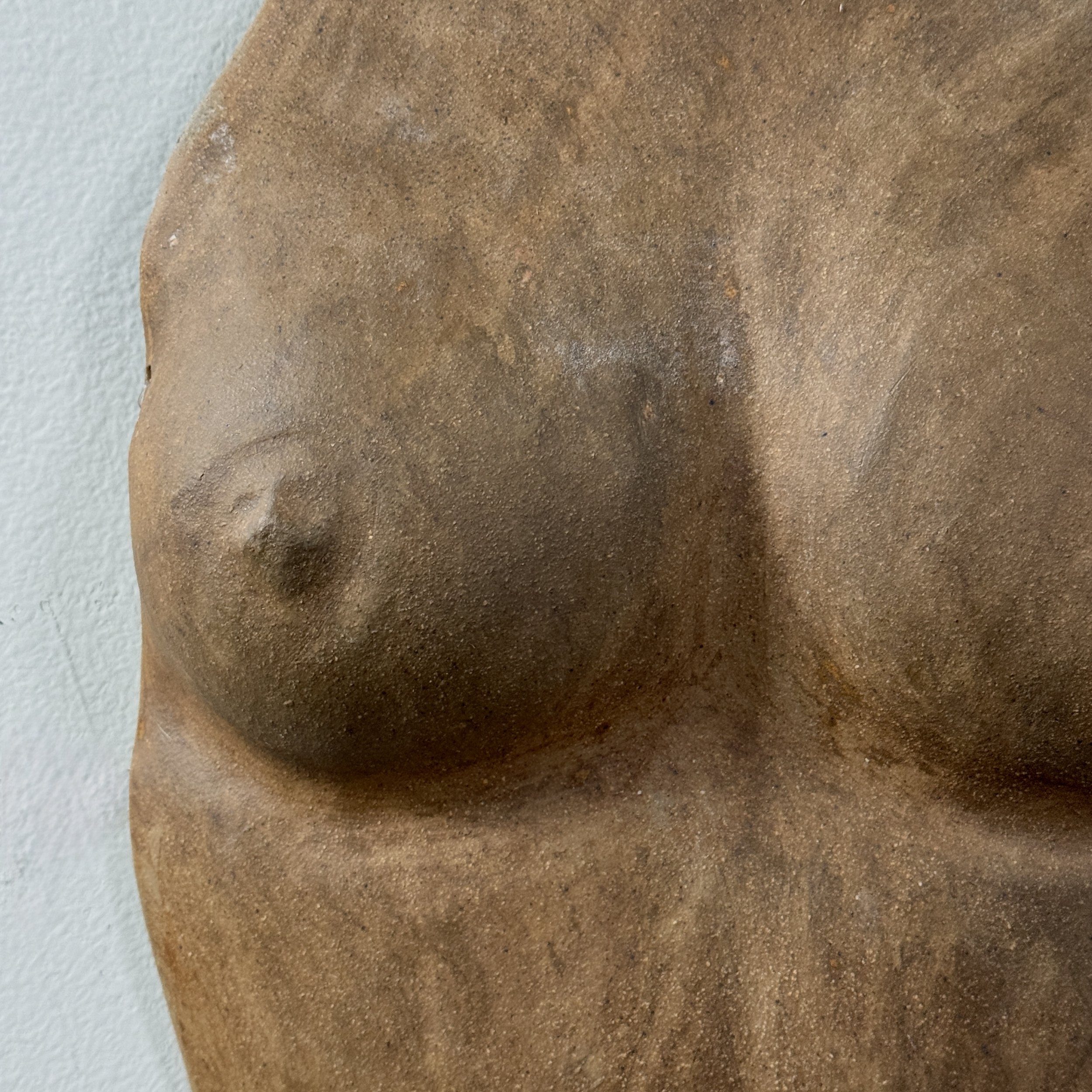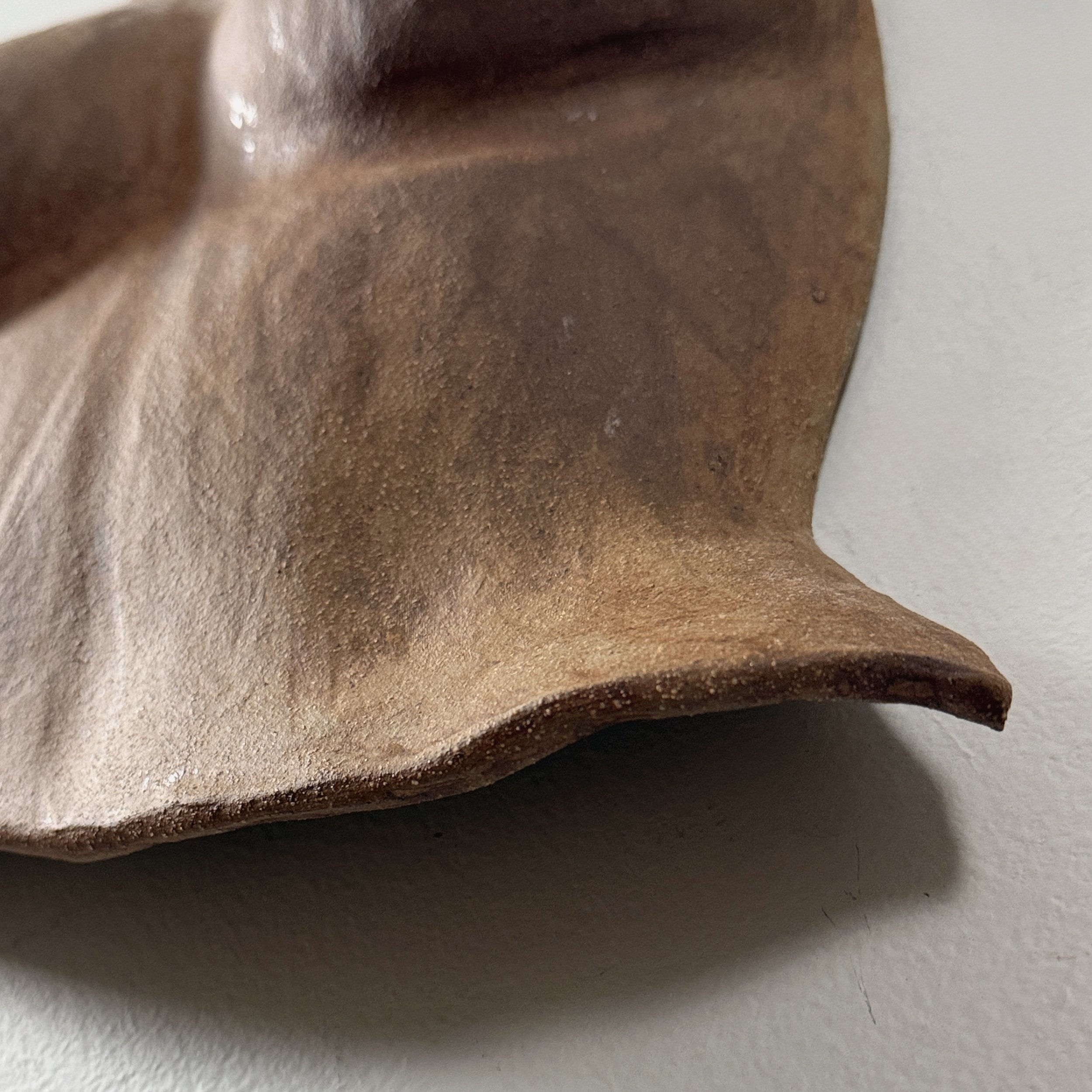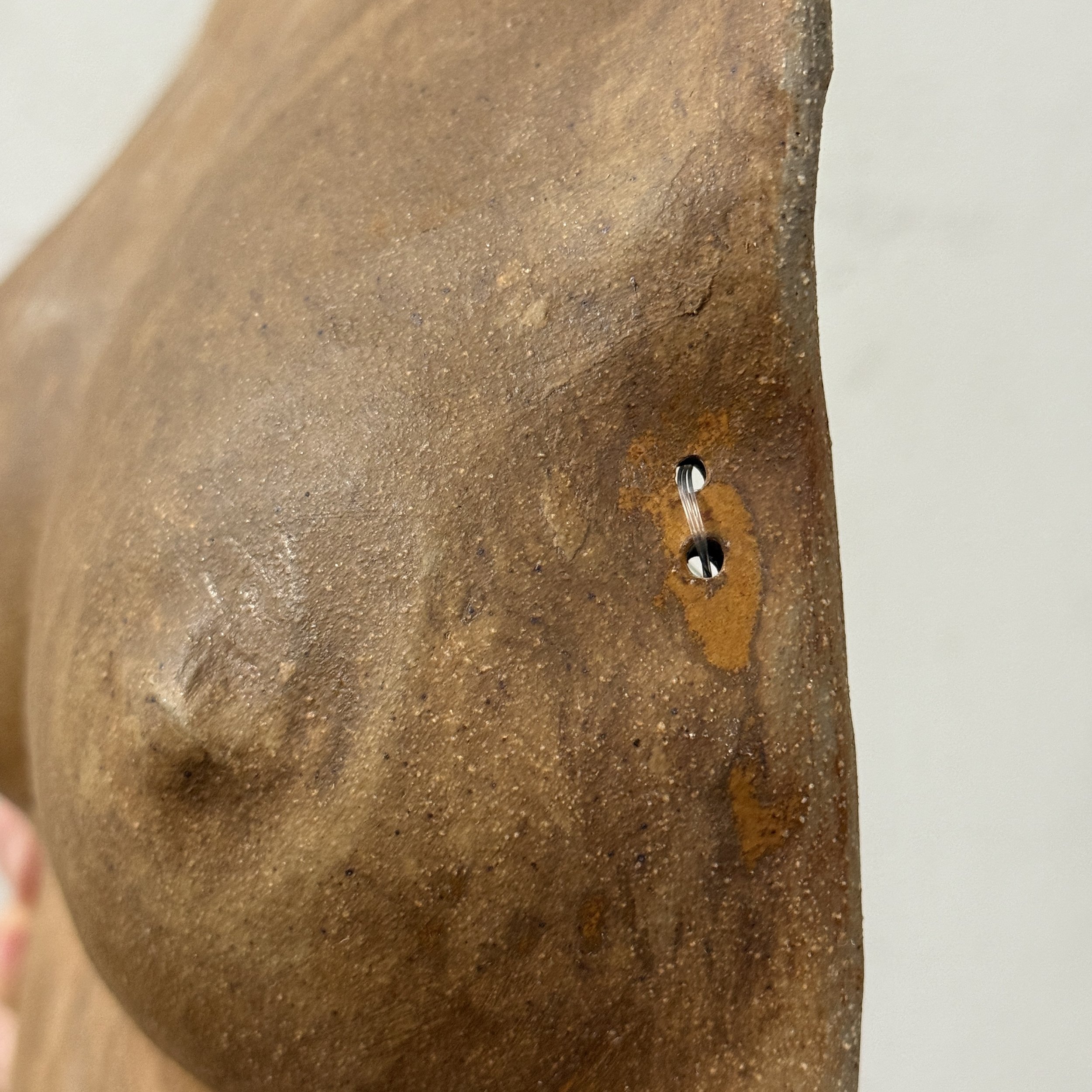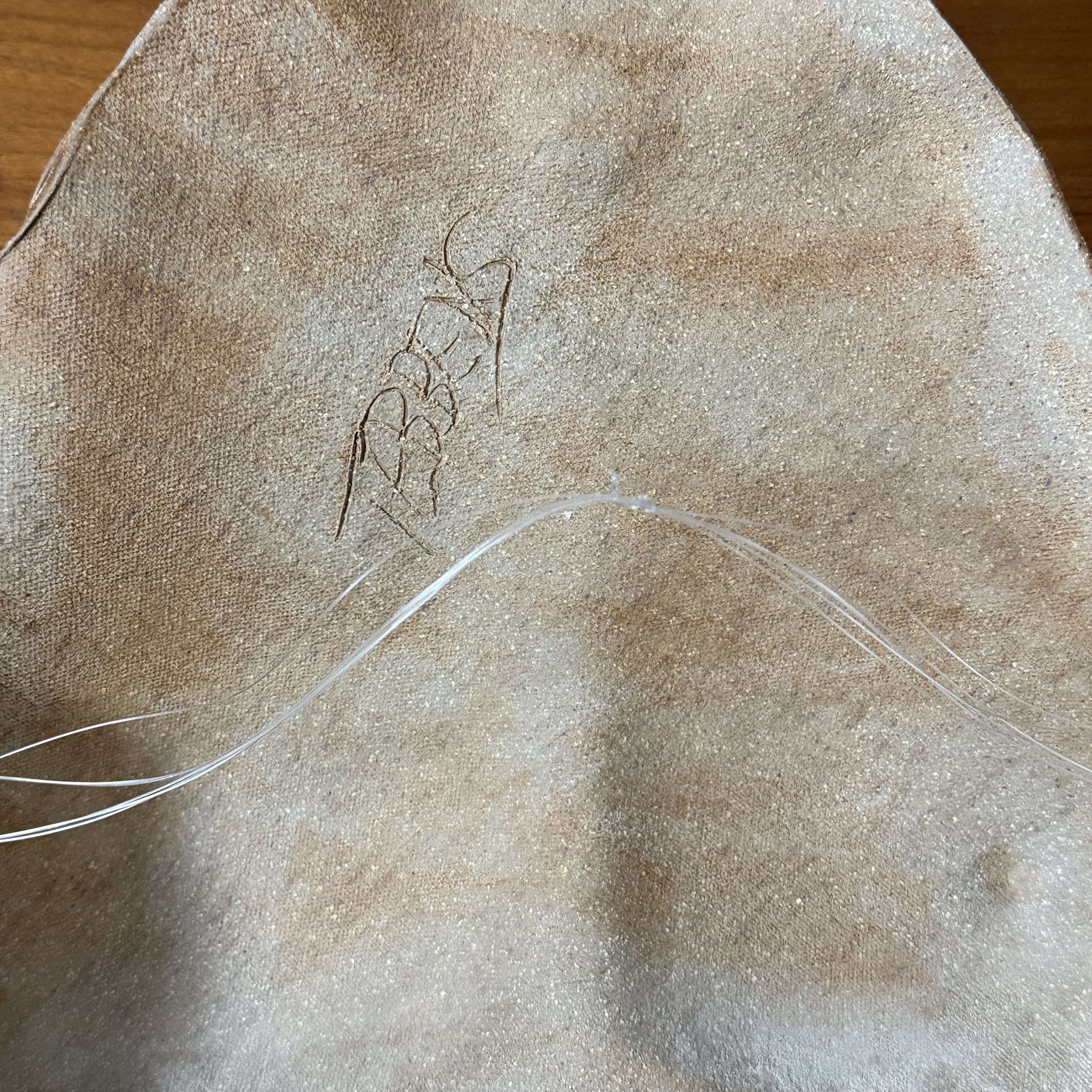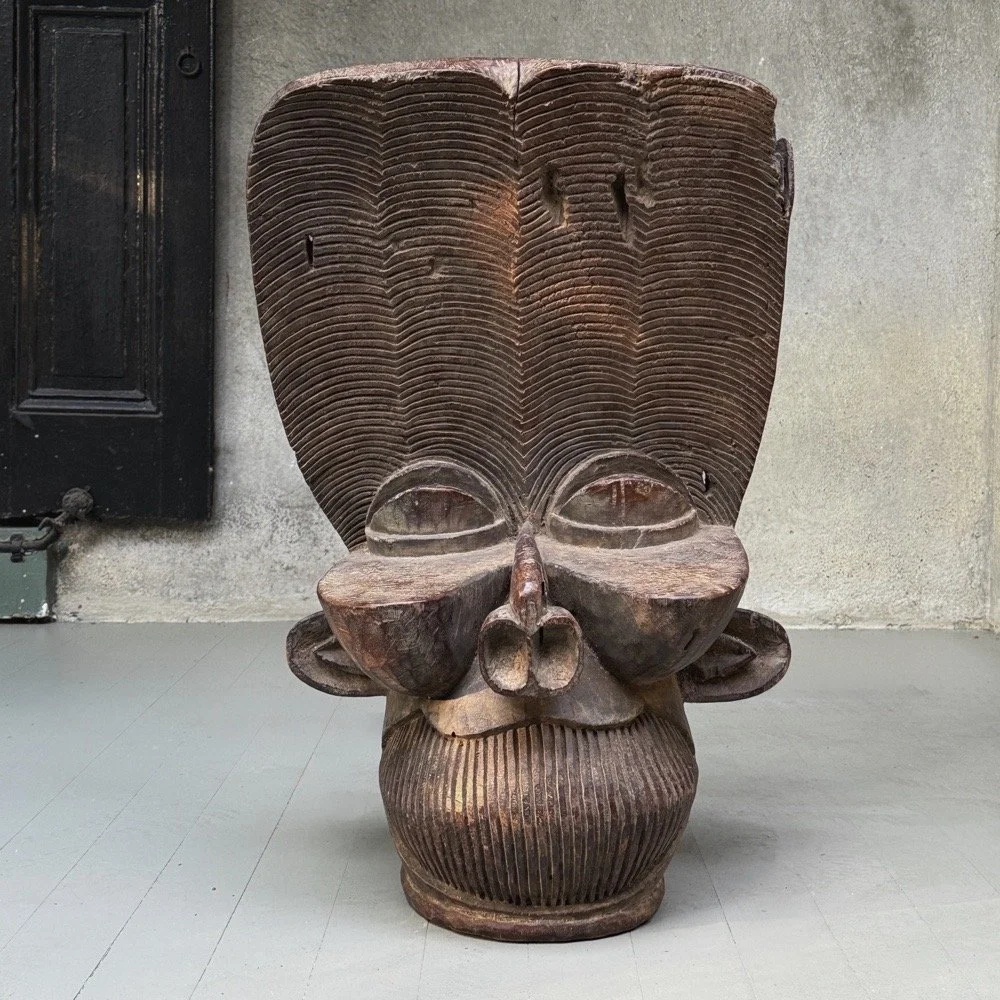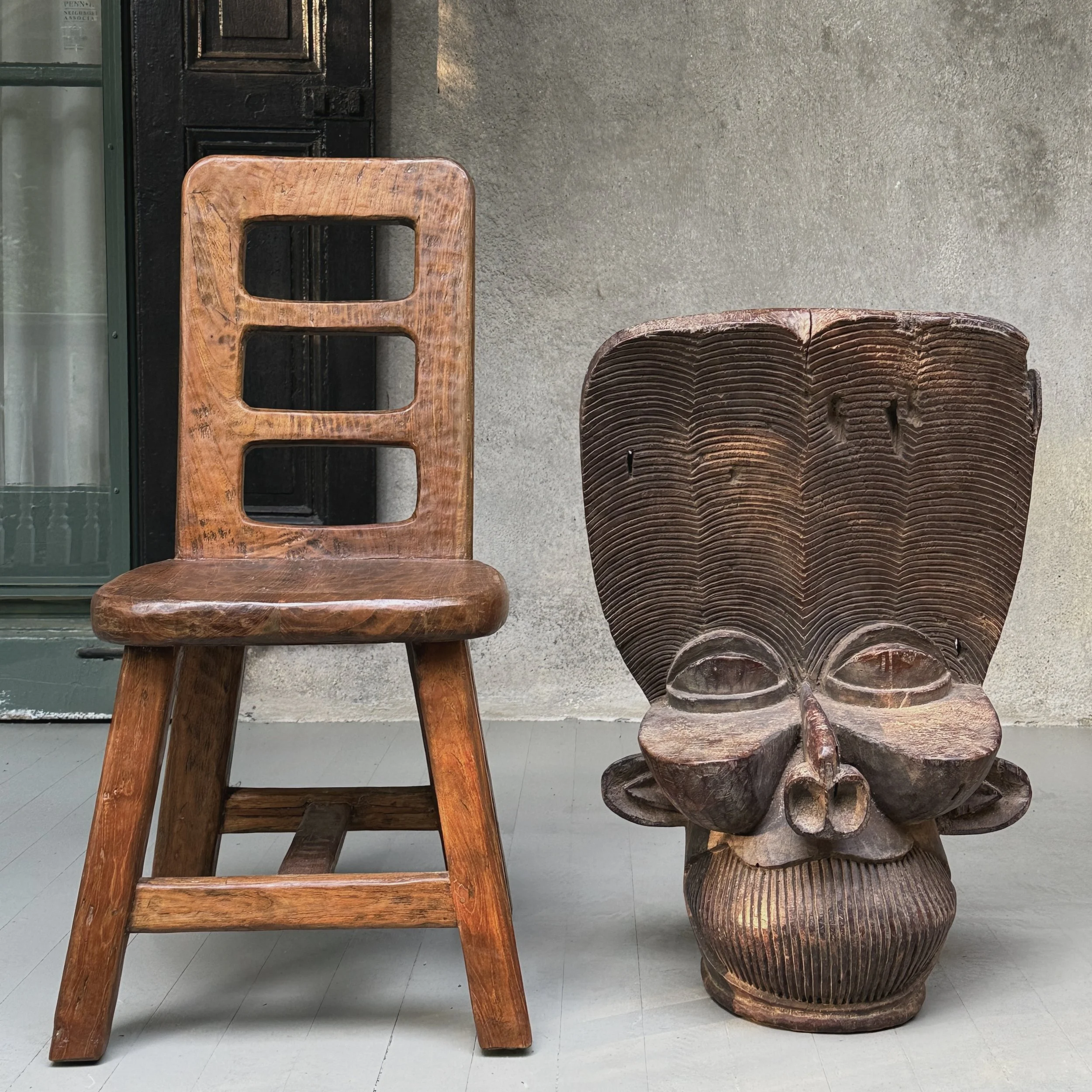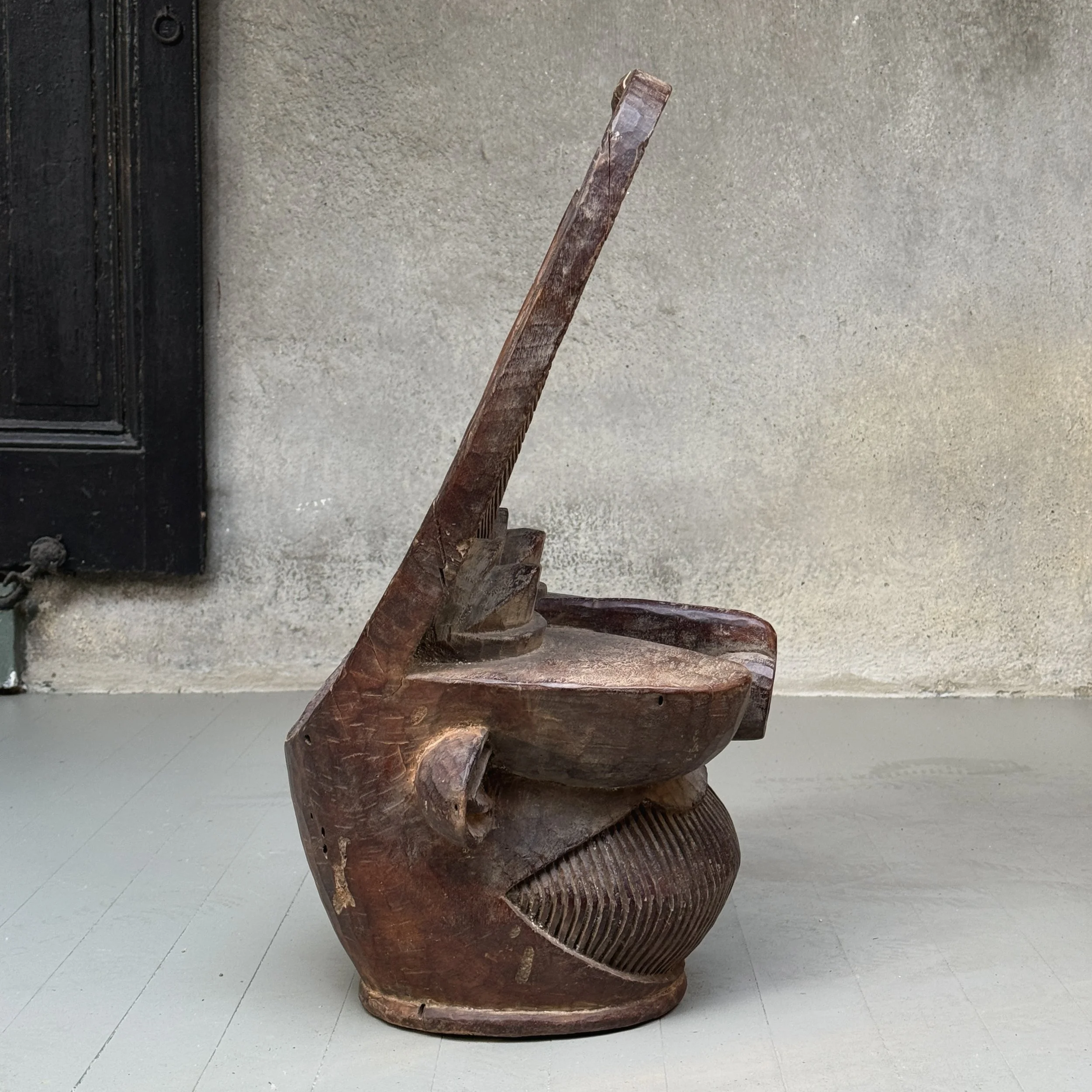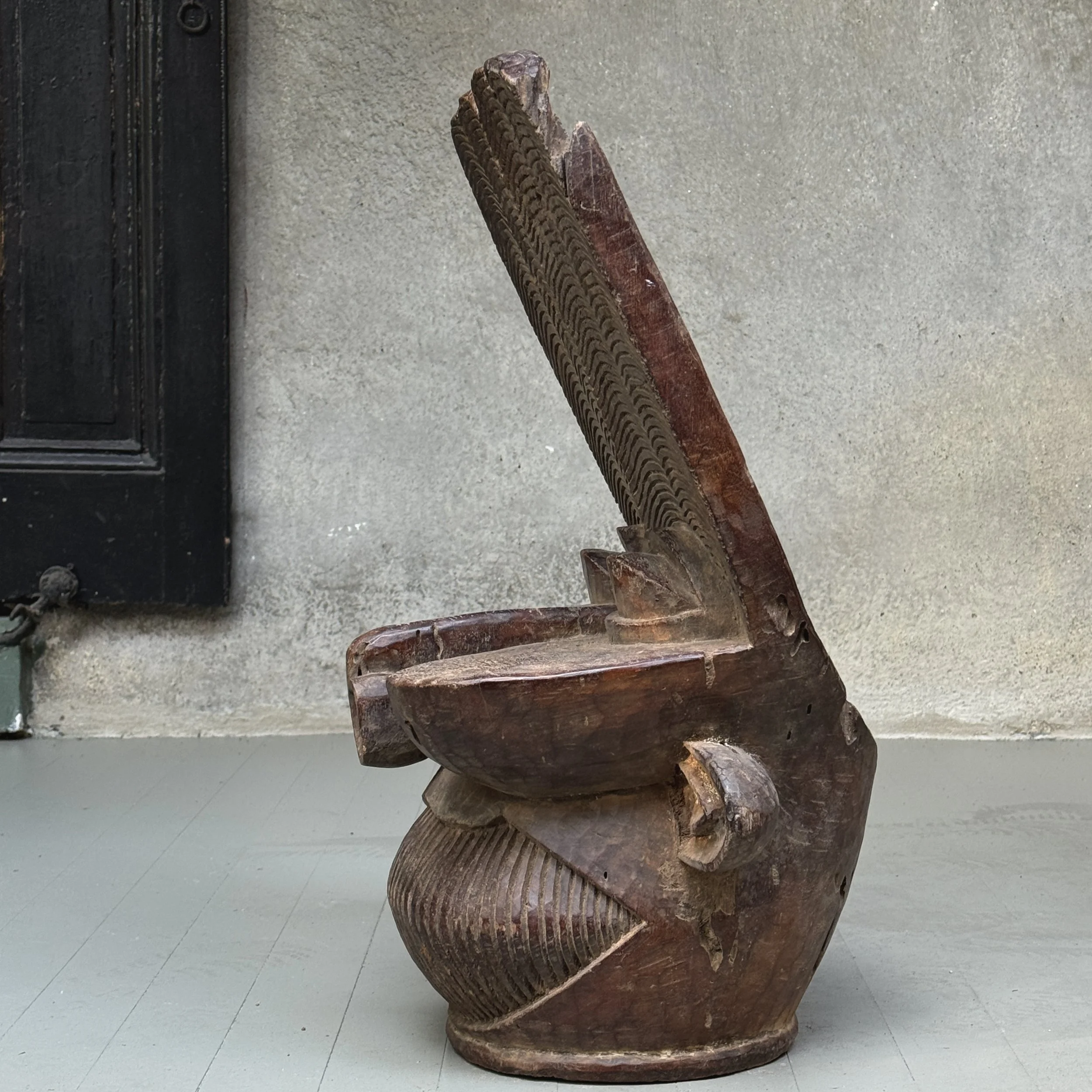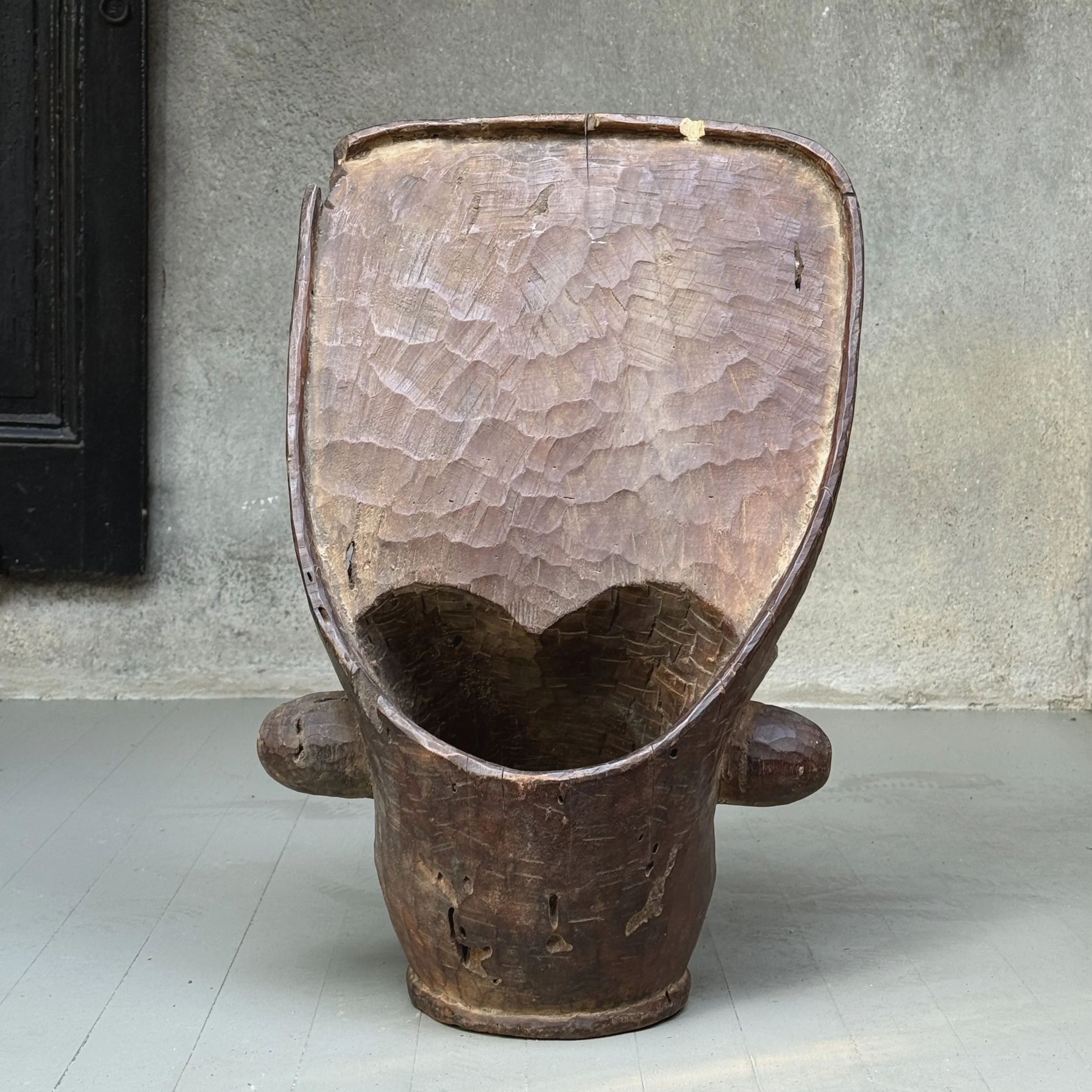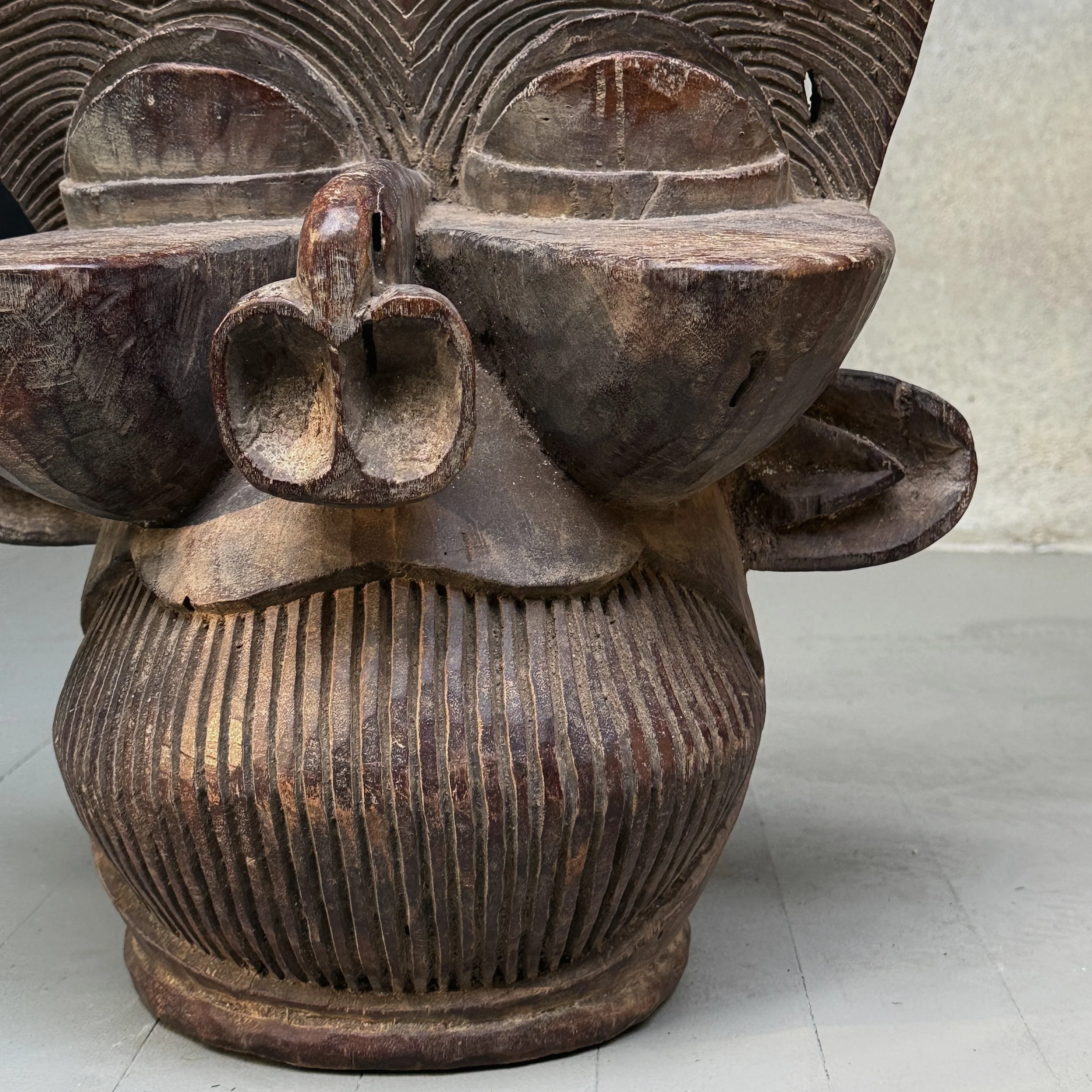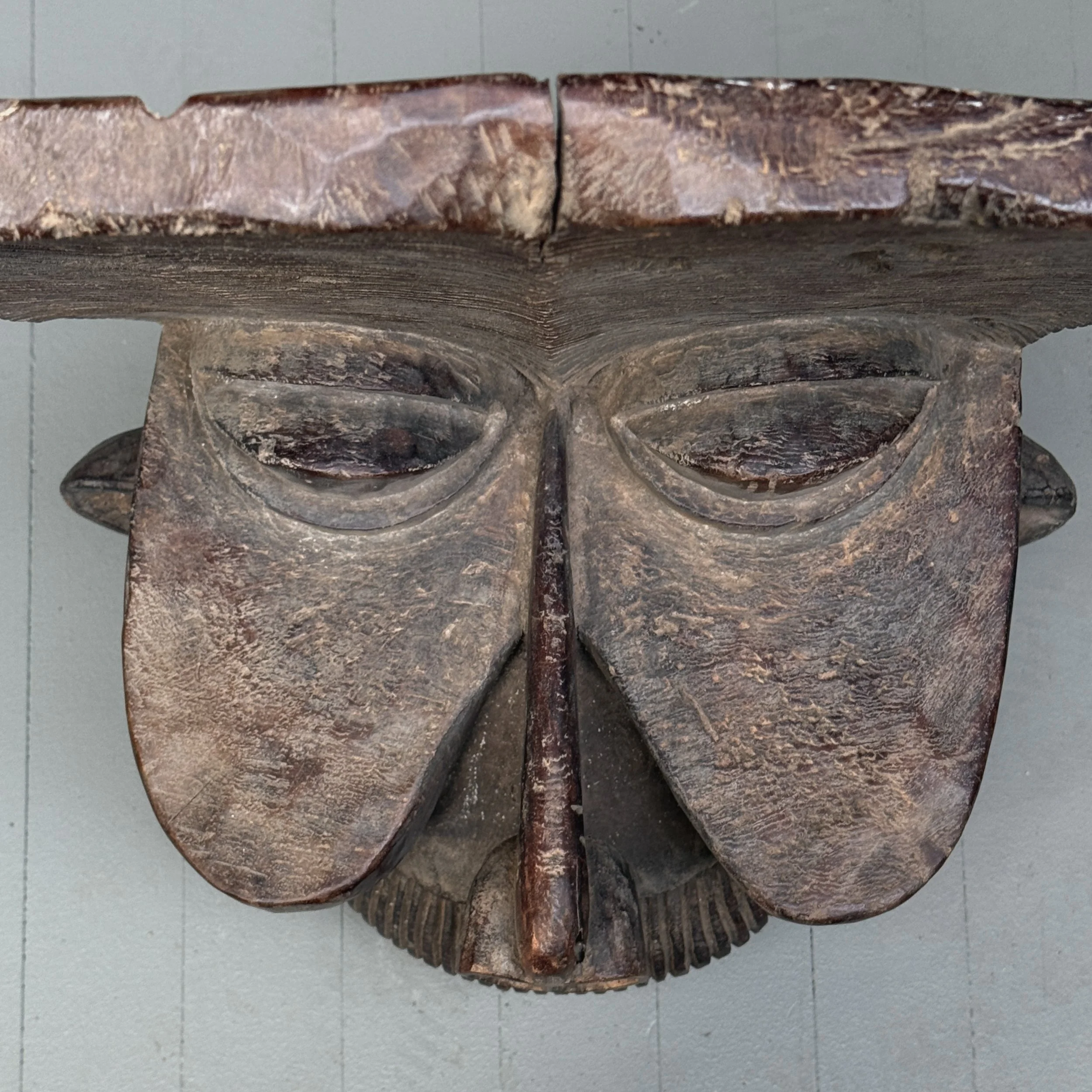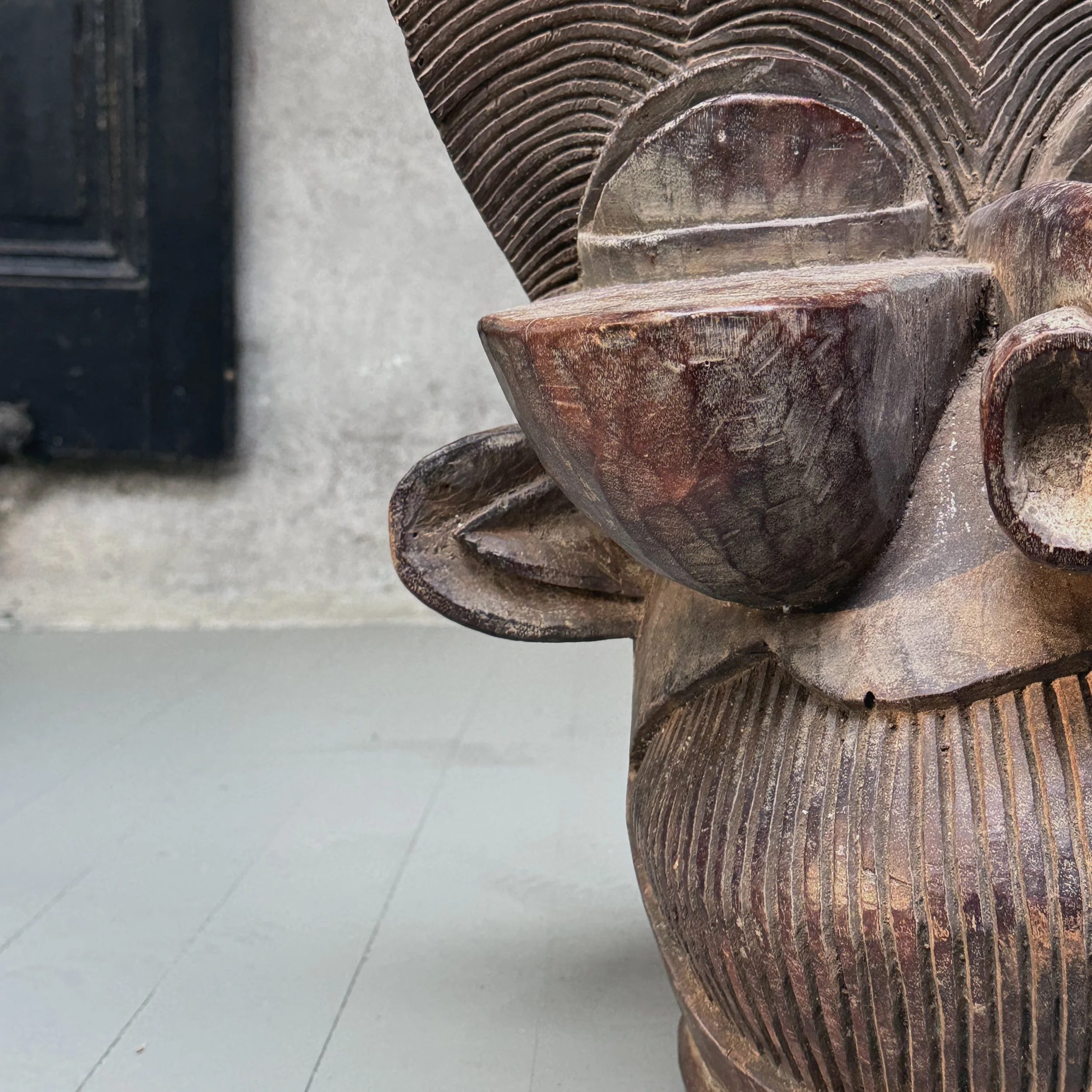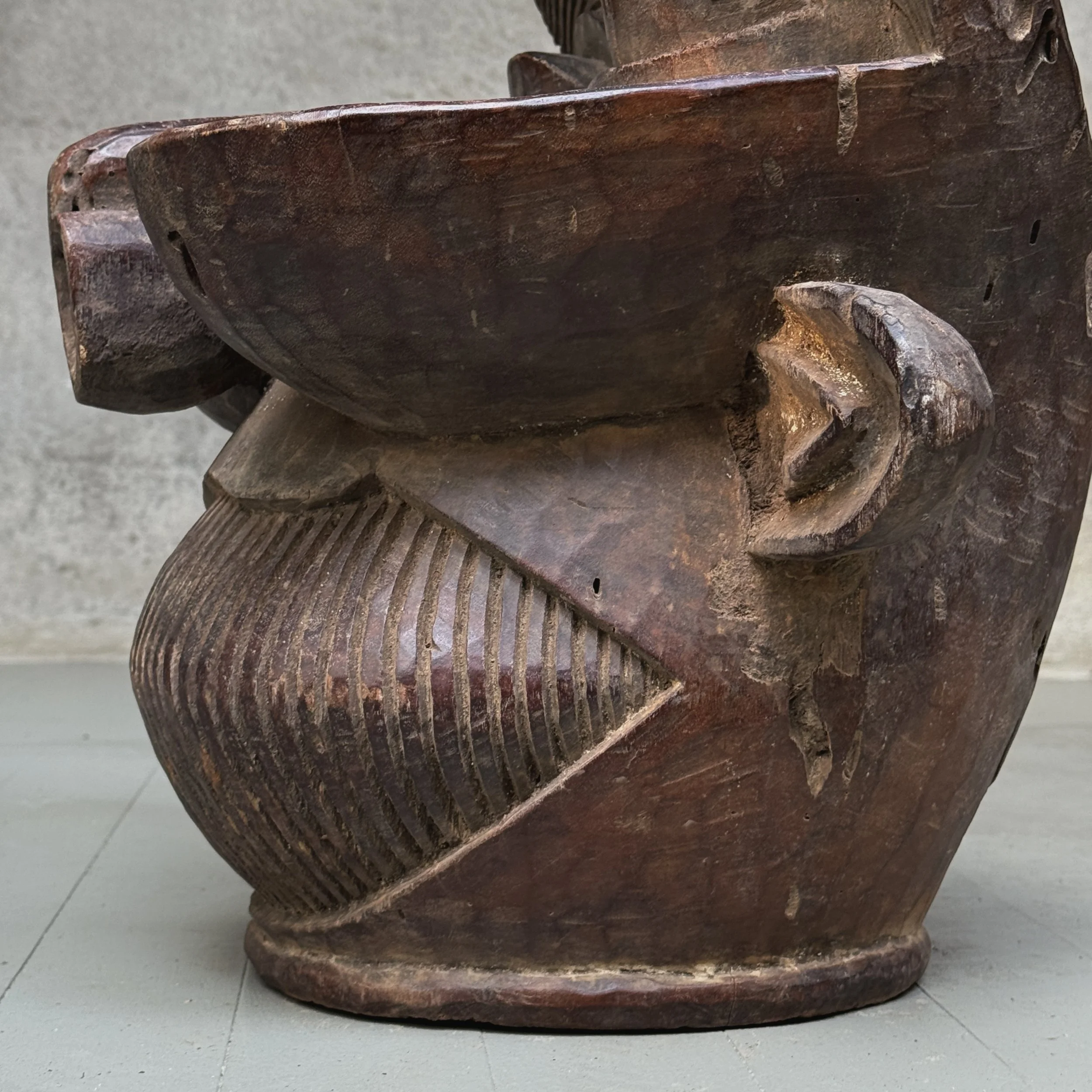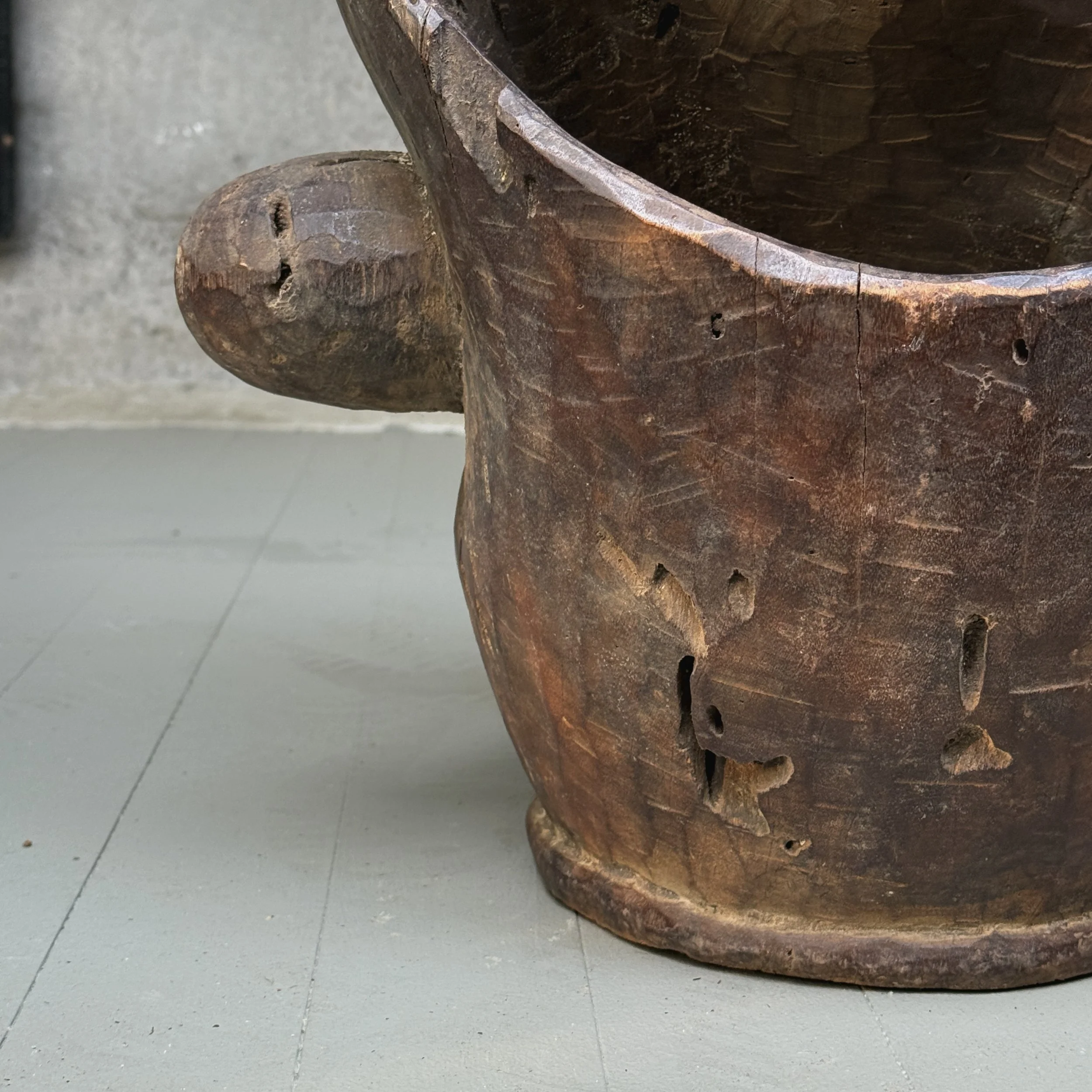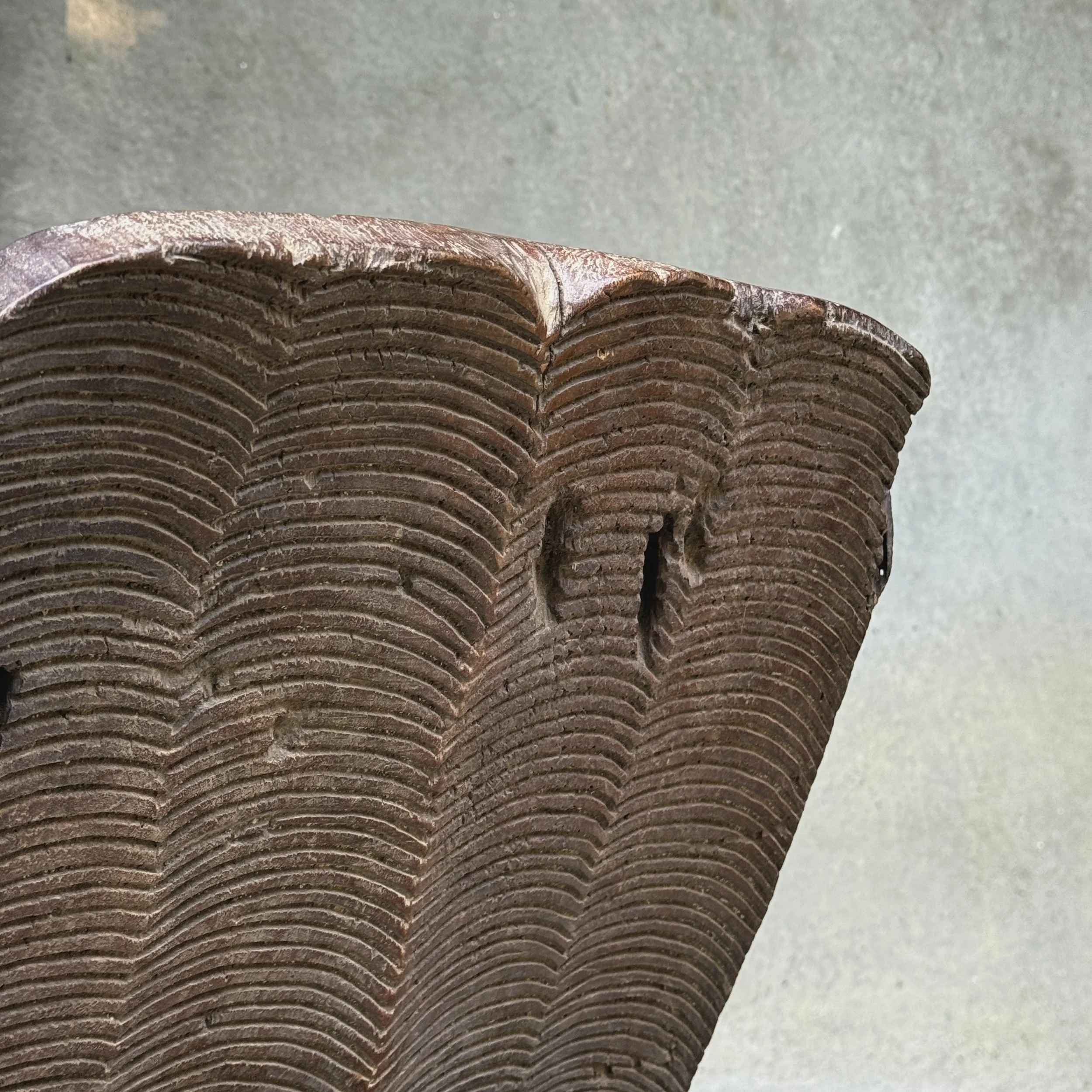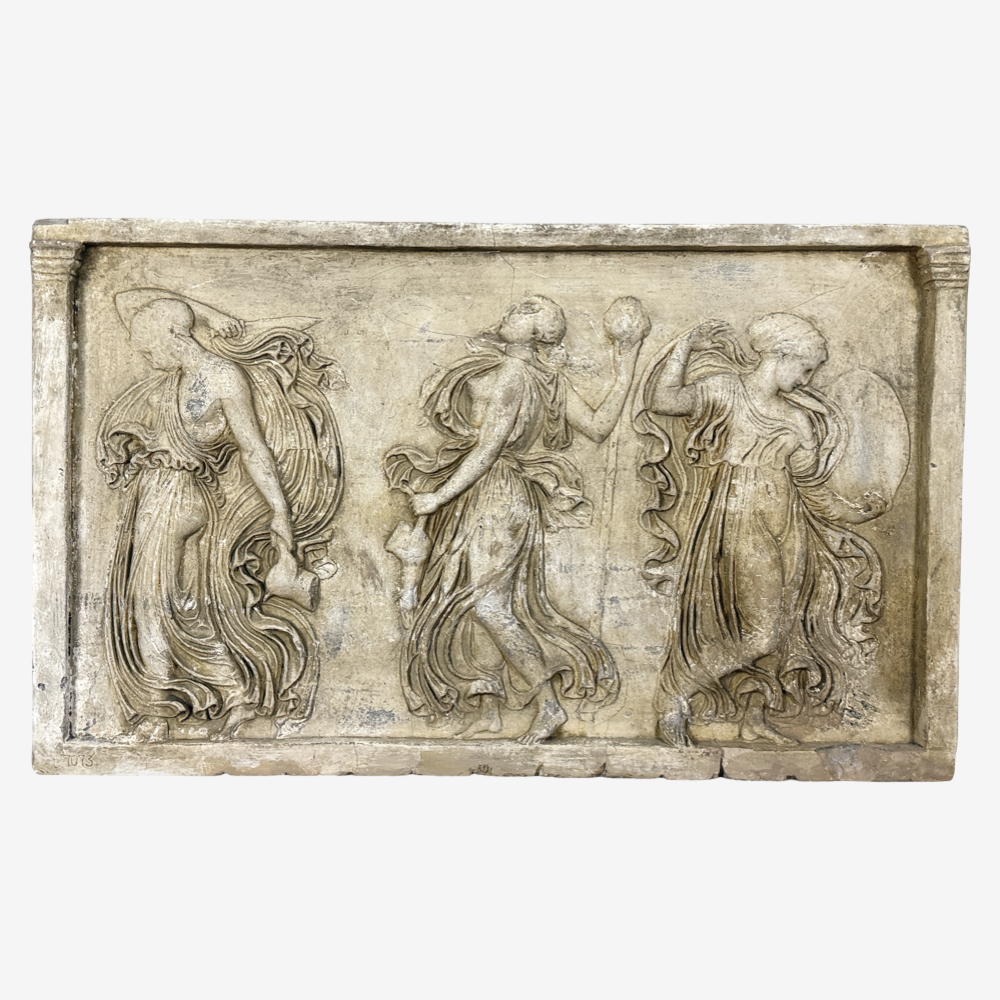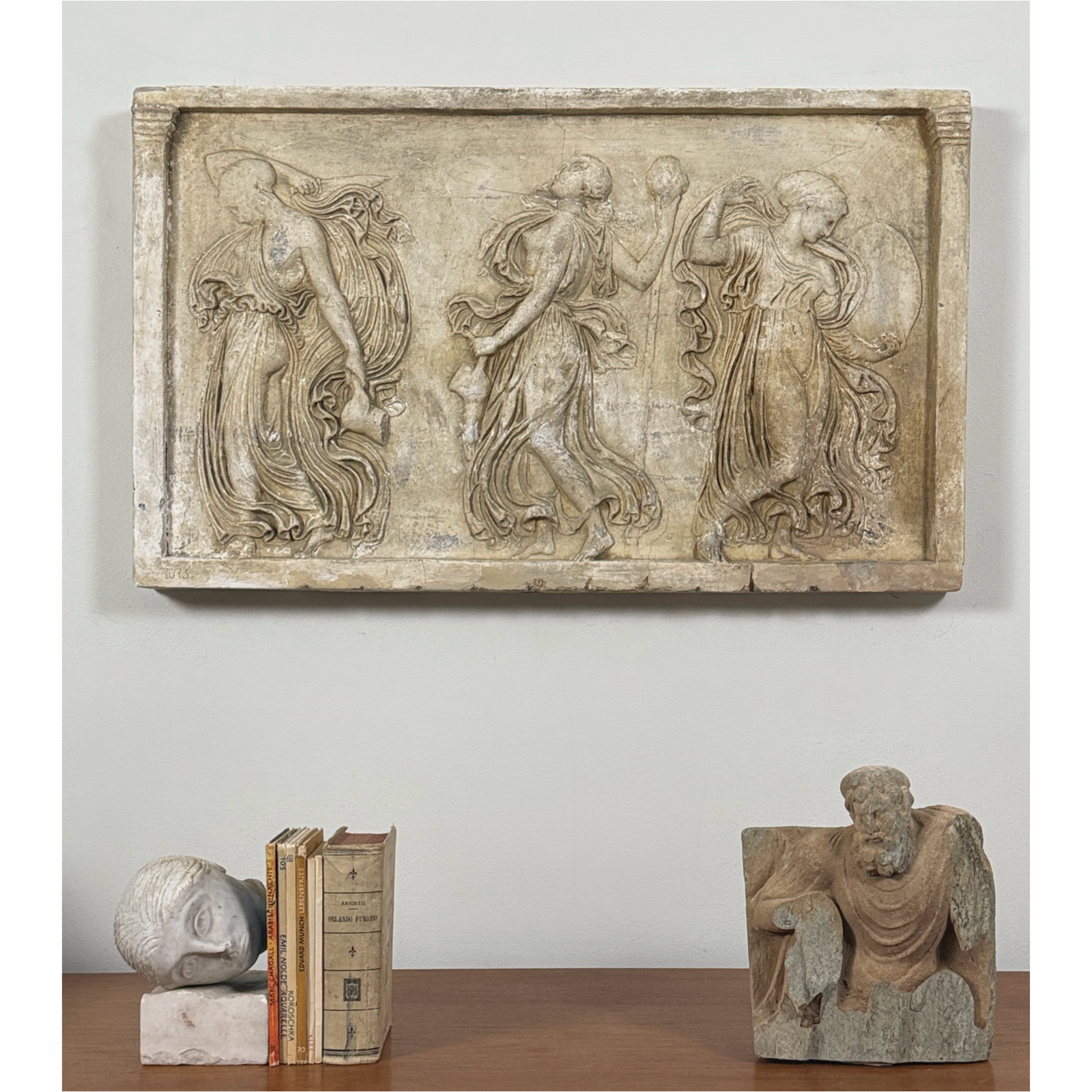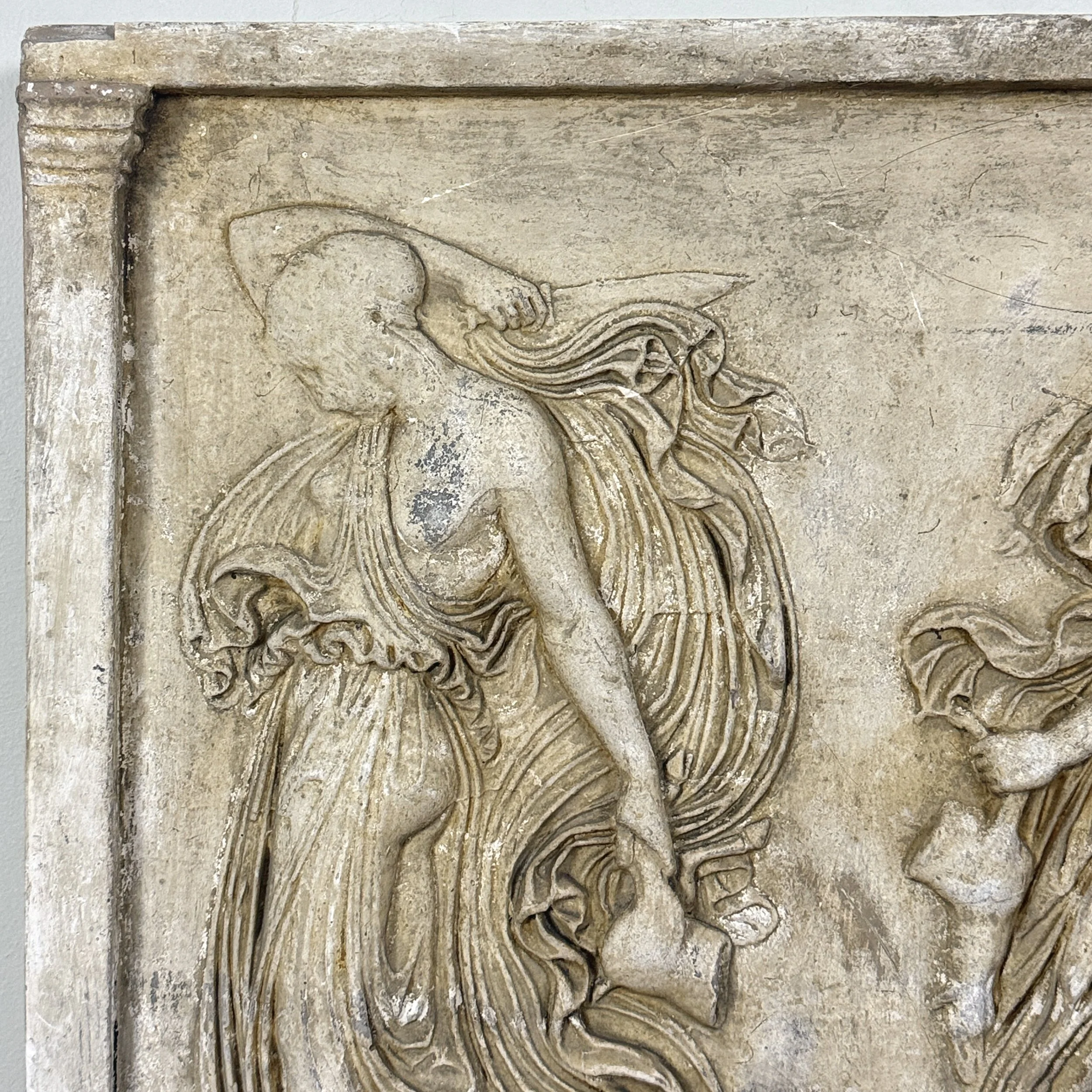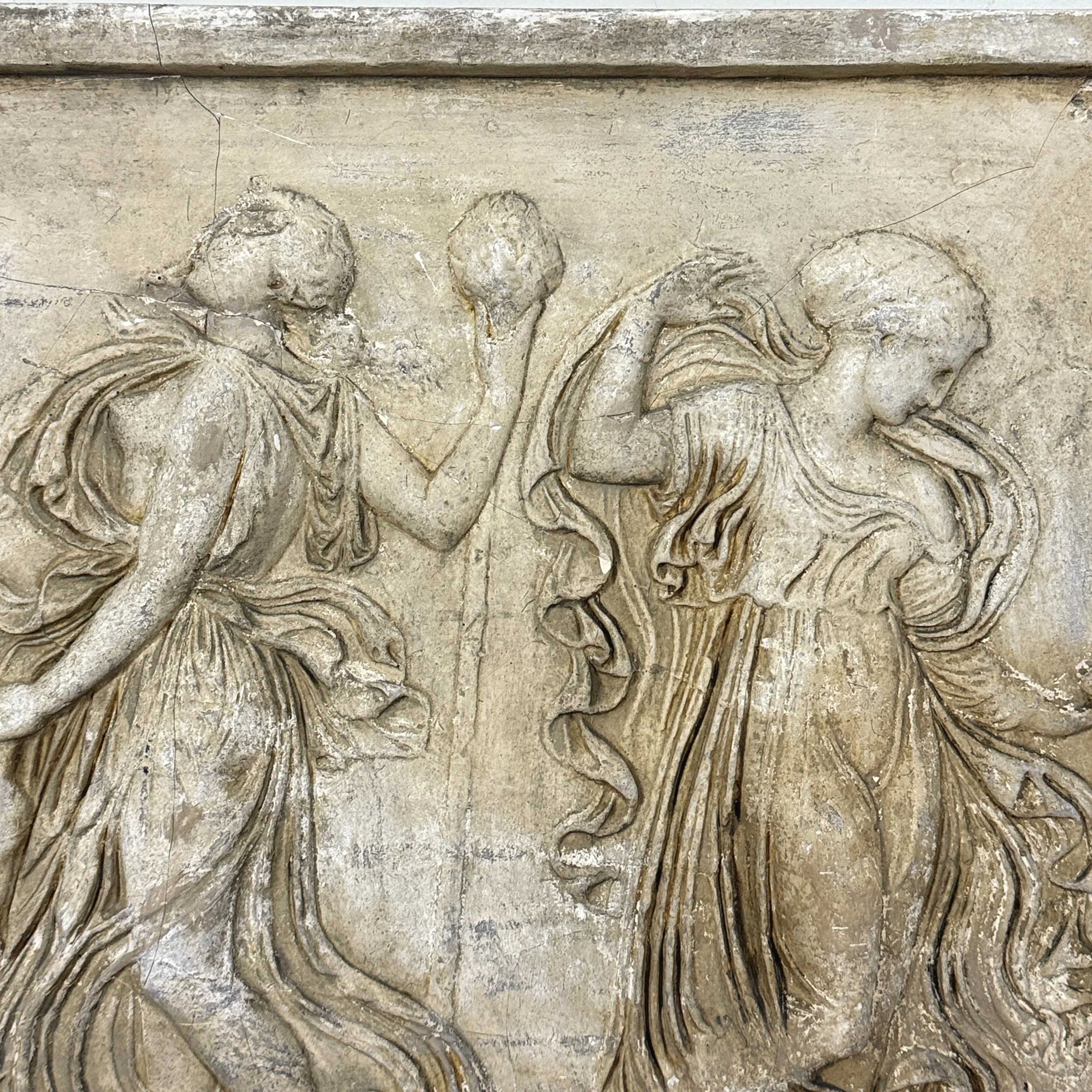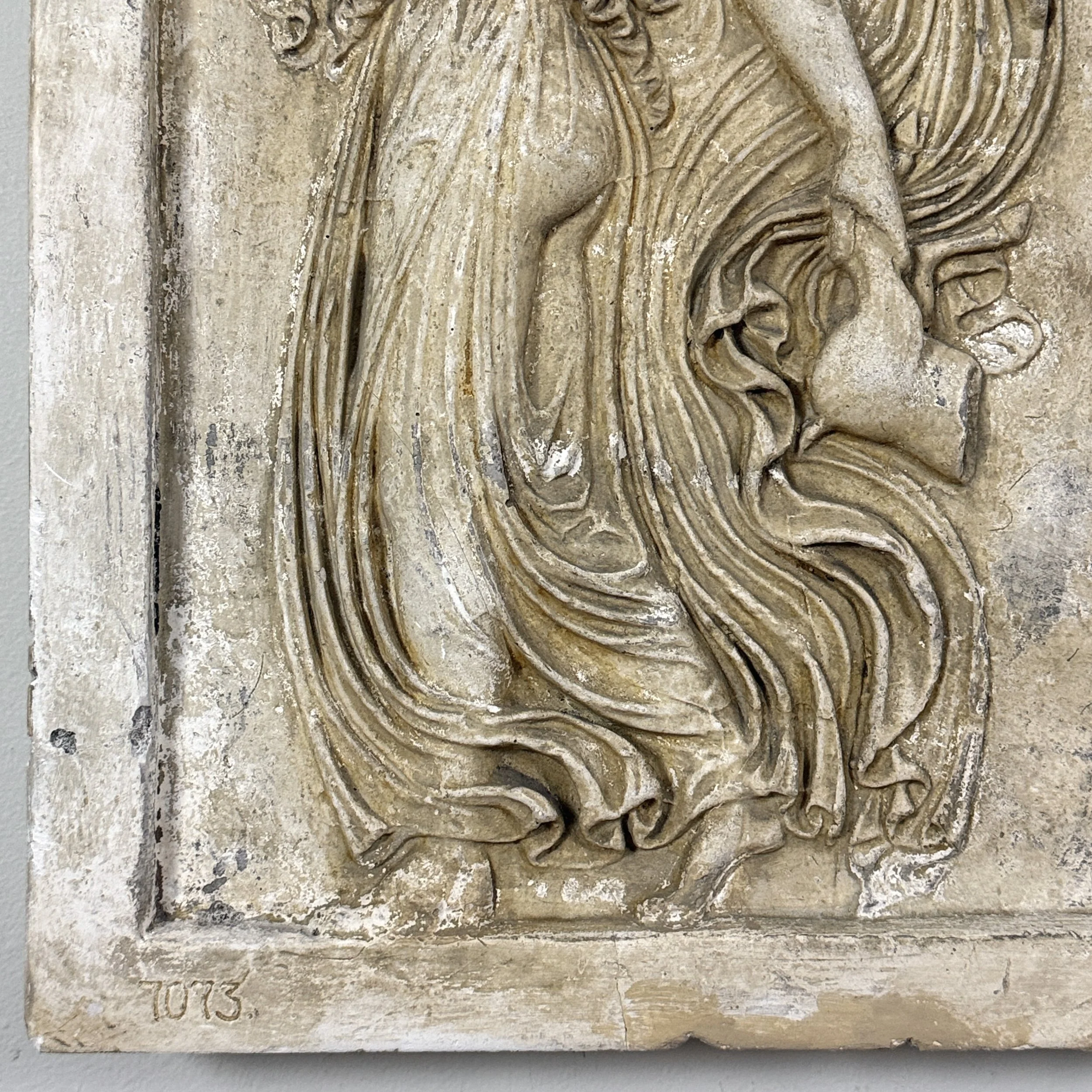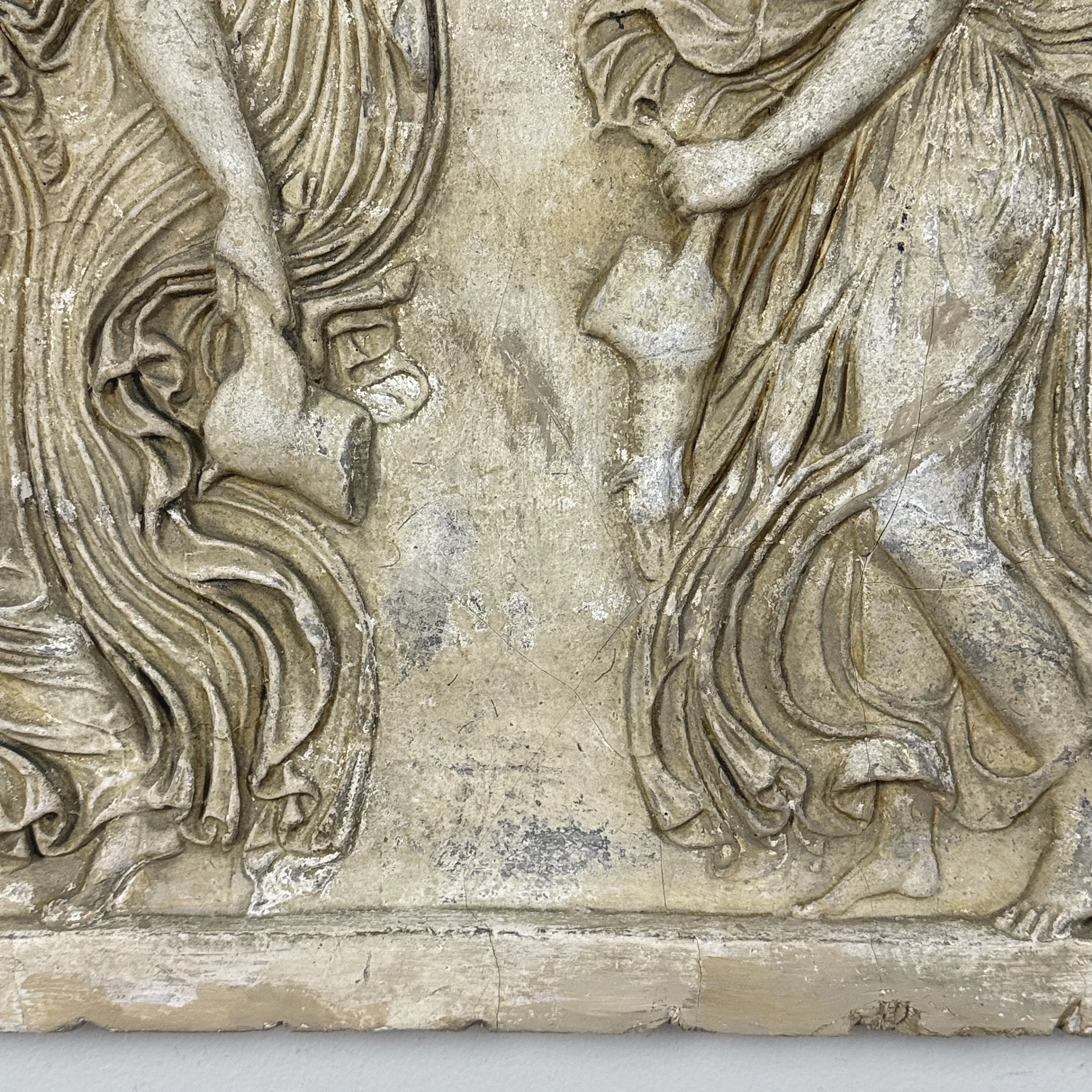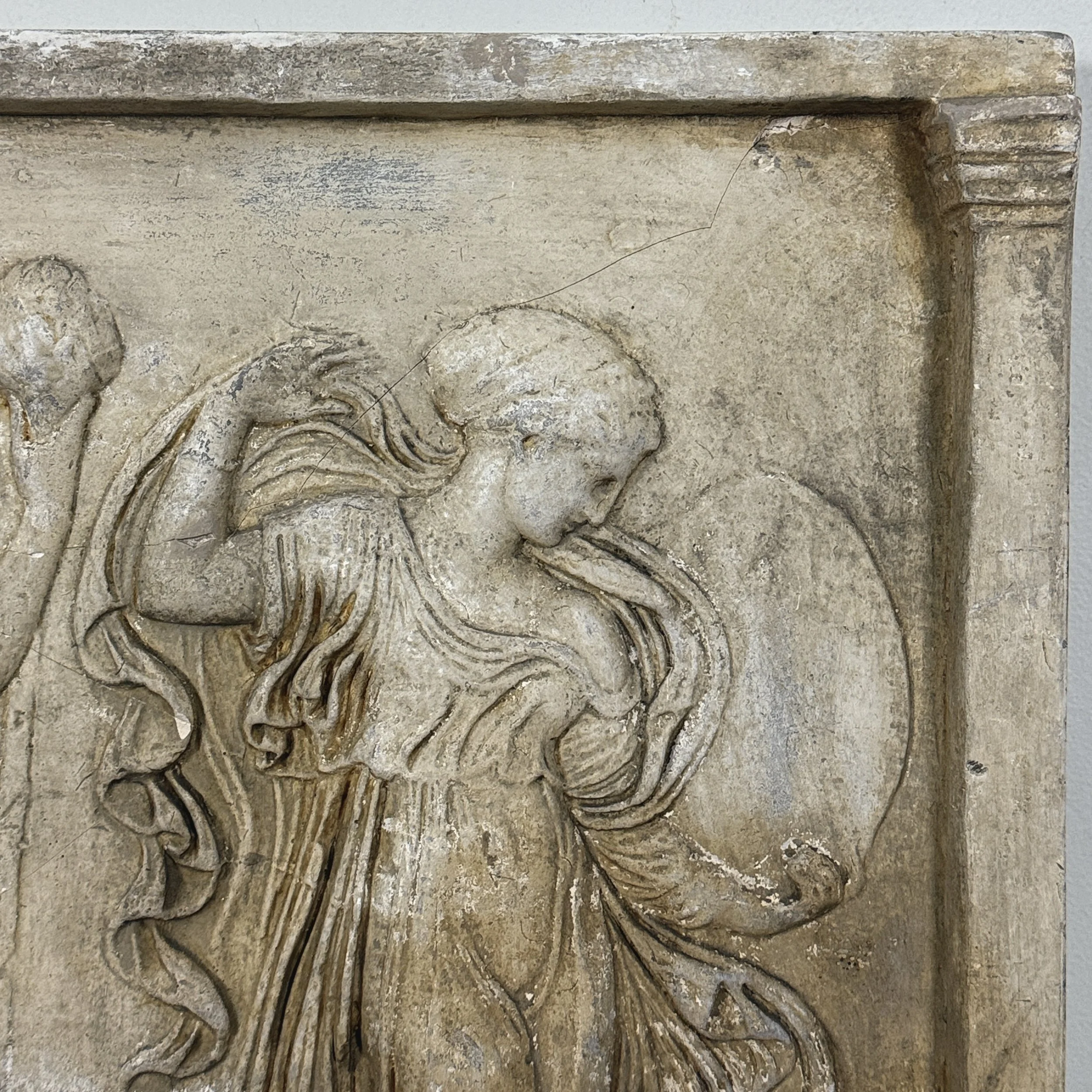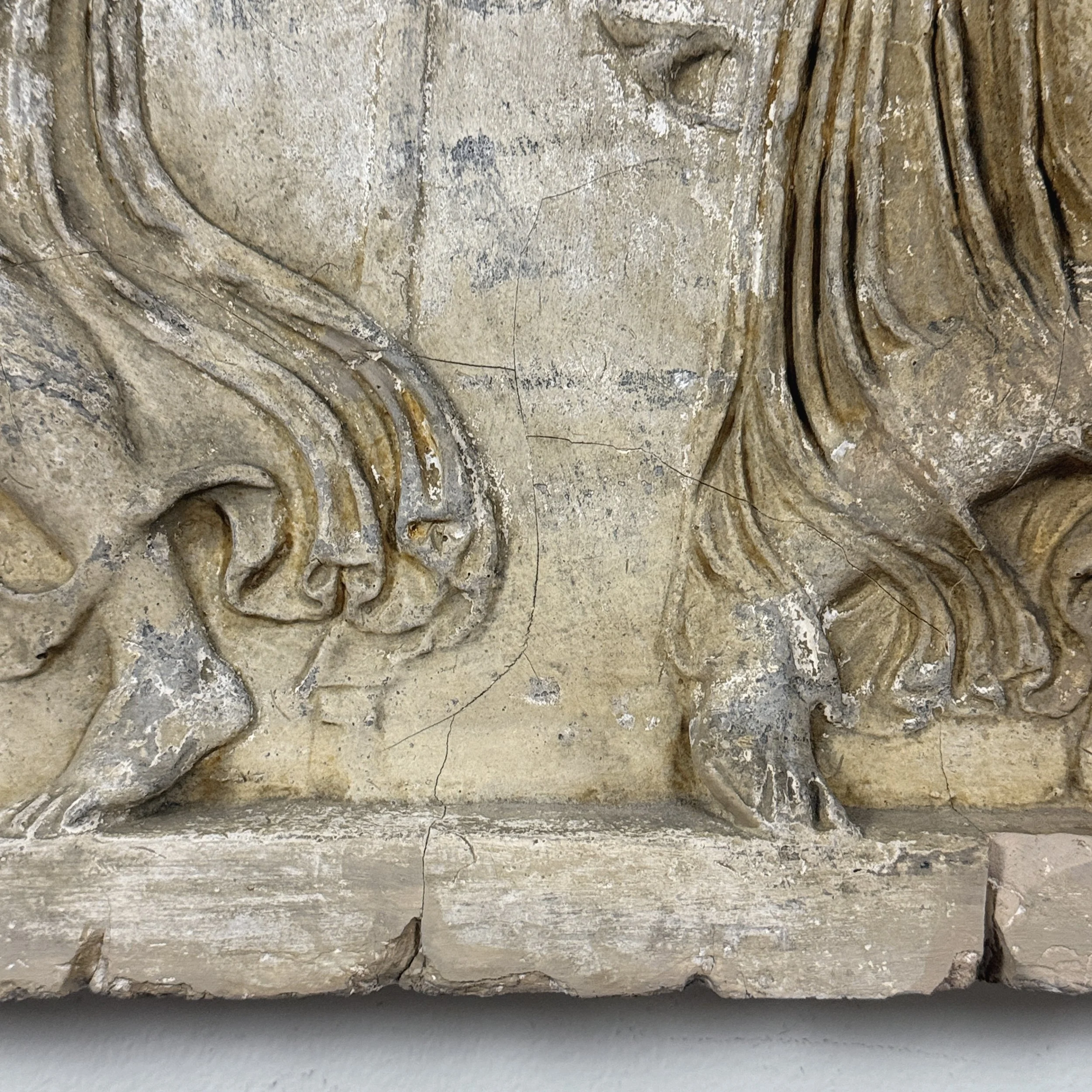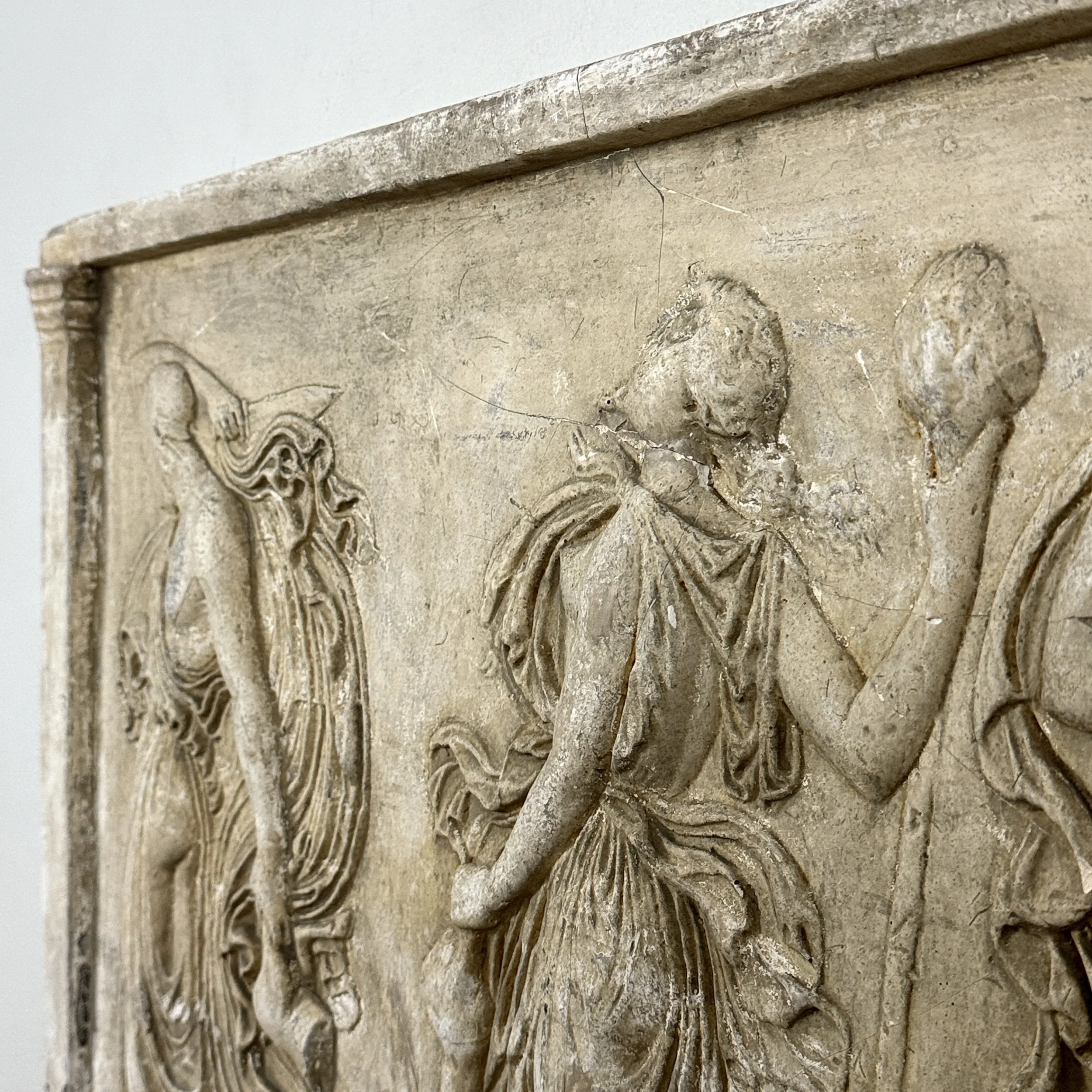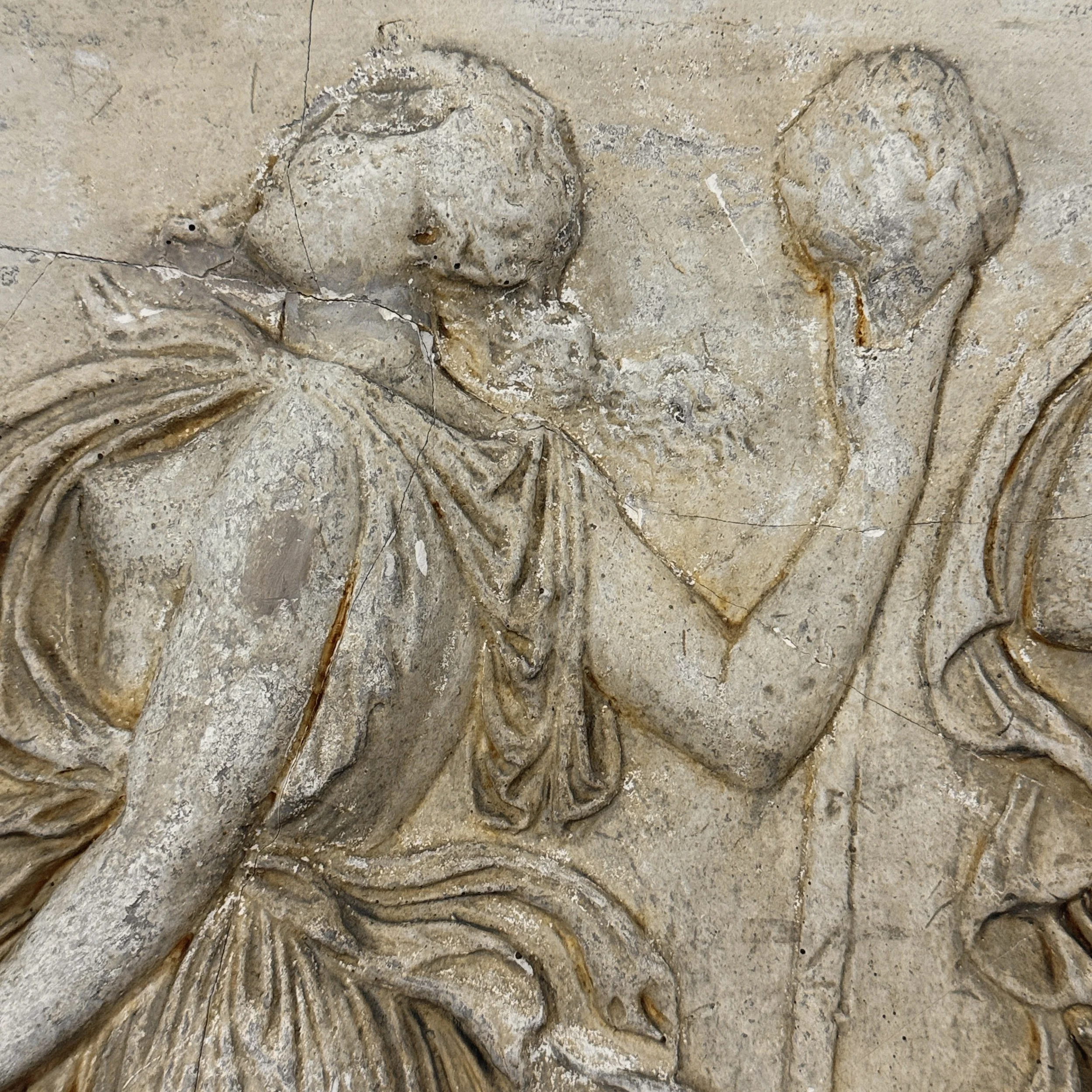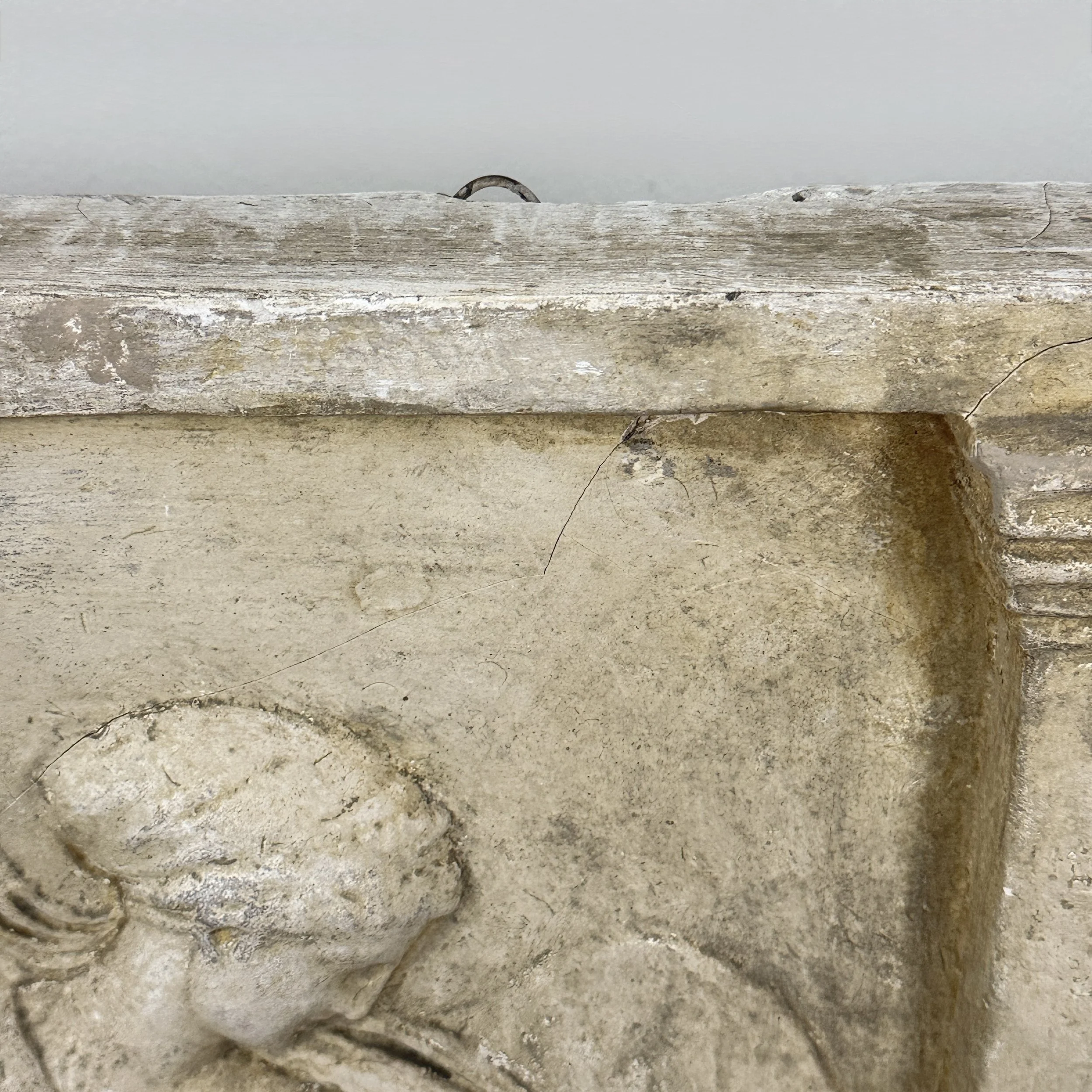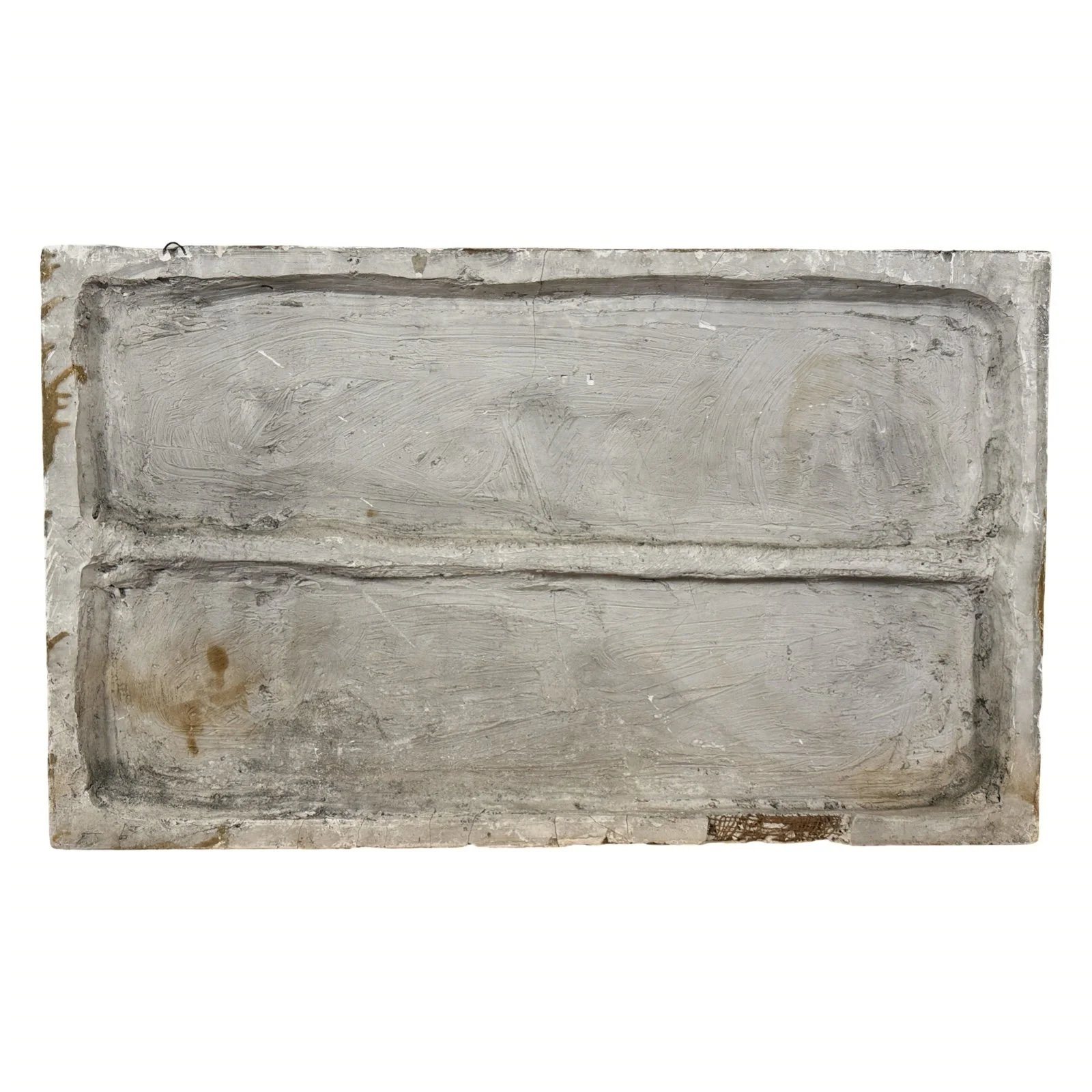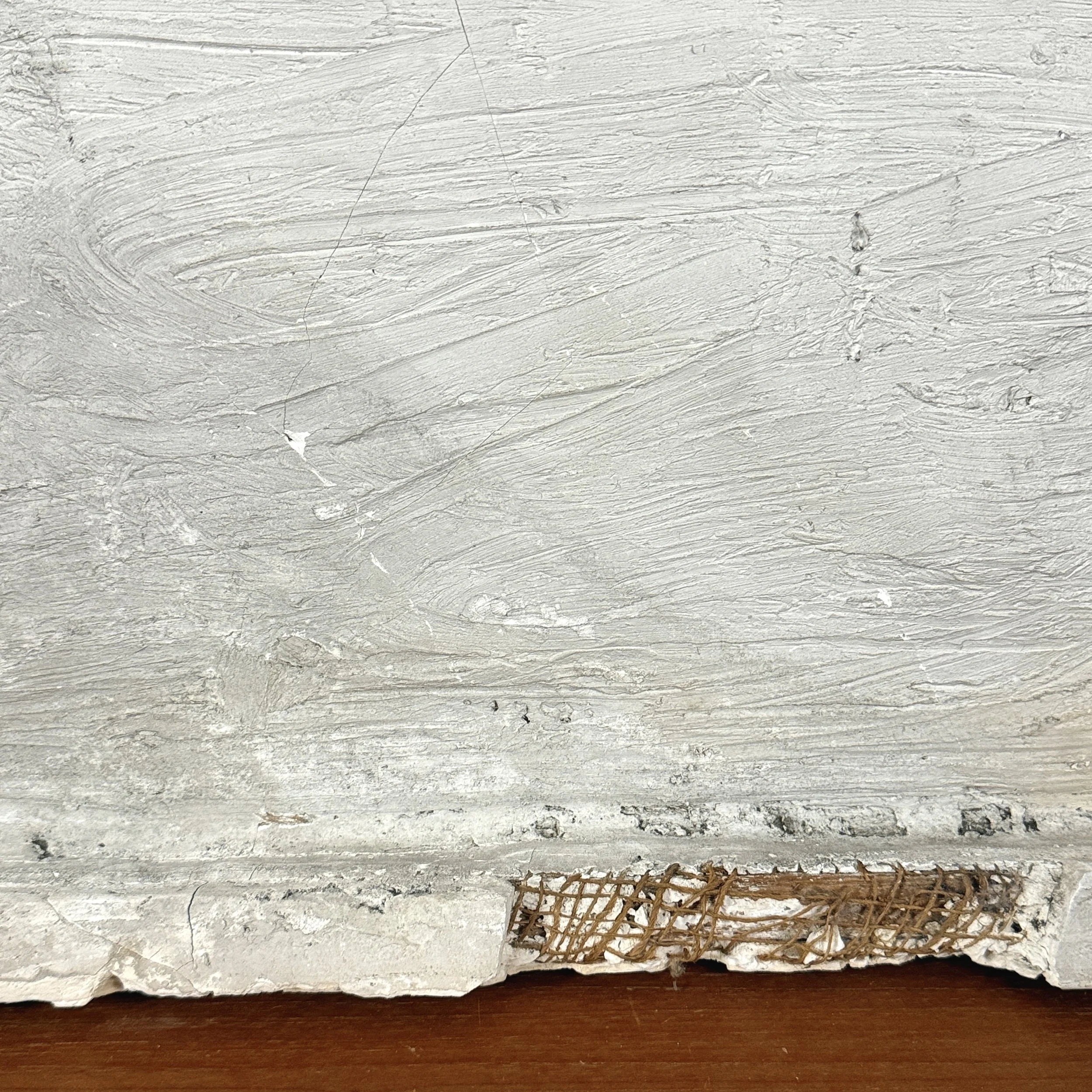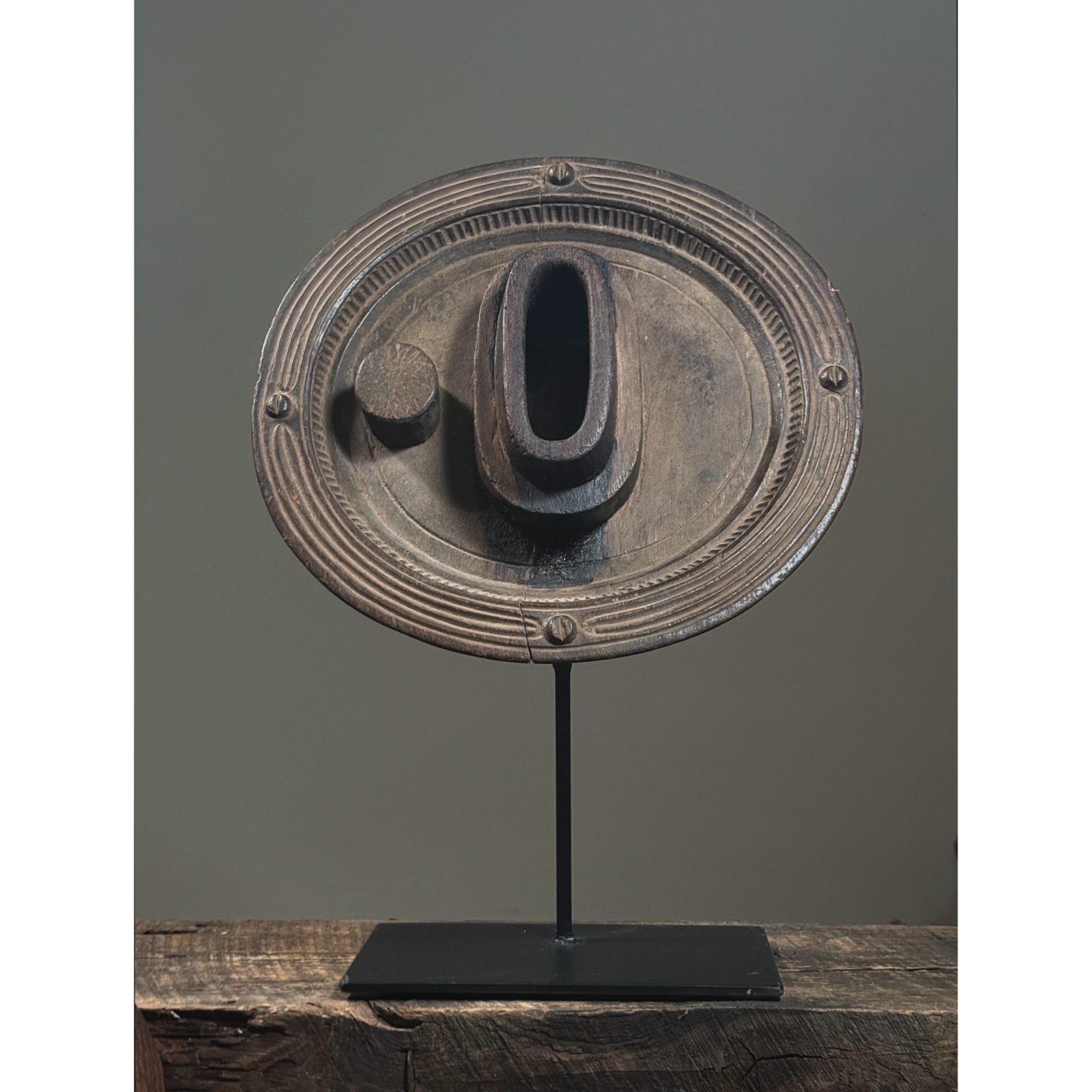 Image 1 of 10
Image 1 of 10

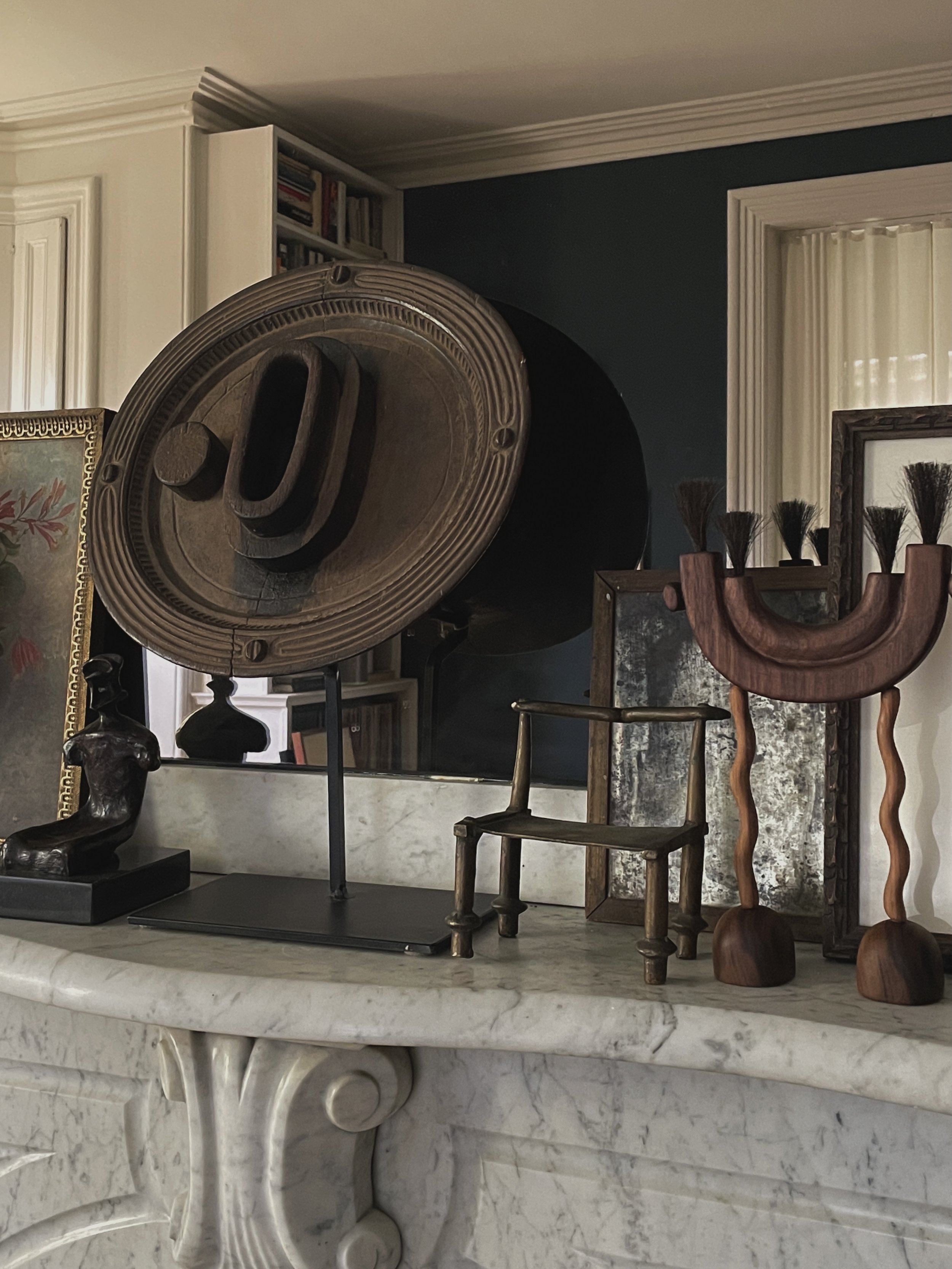 Image 2 of 10
Image 2 of 10

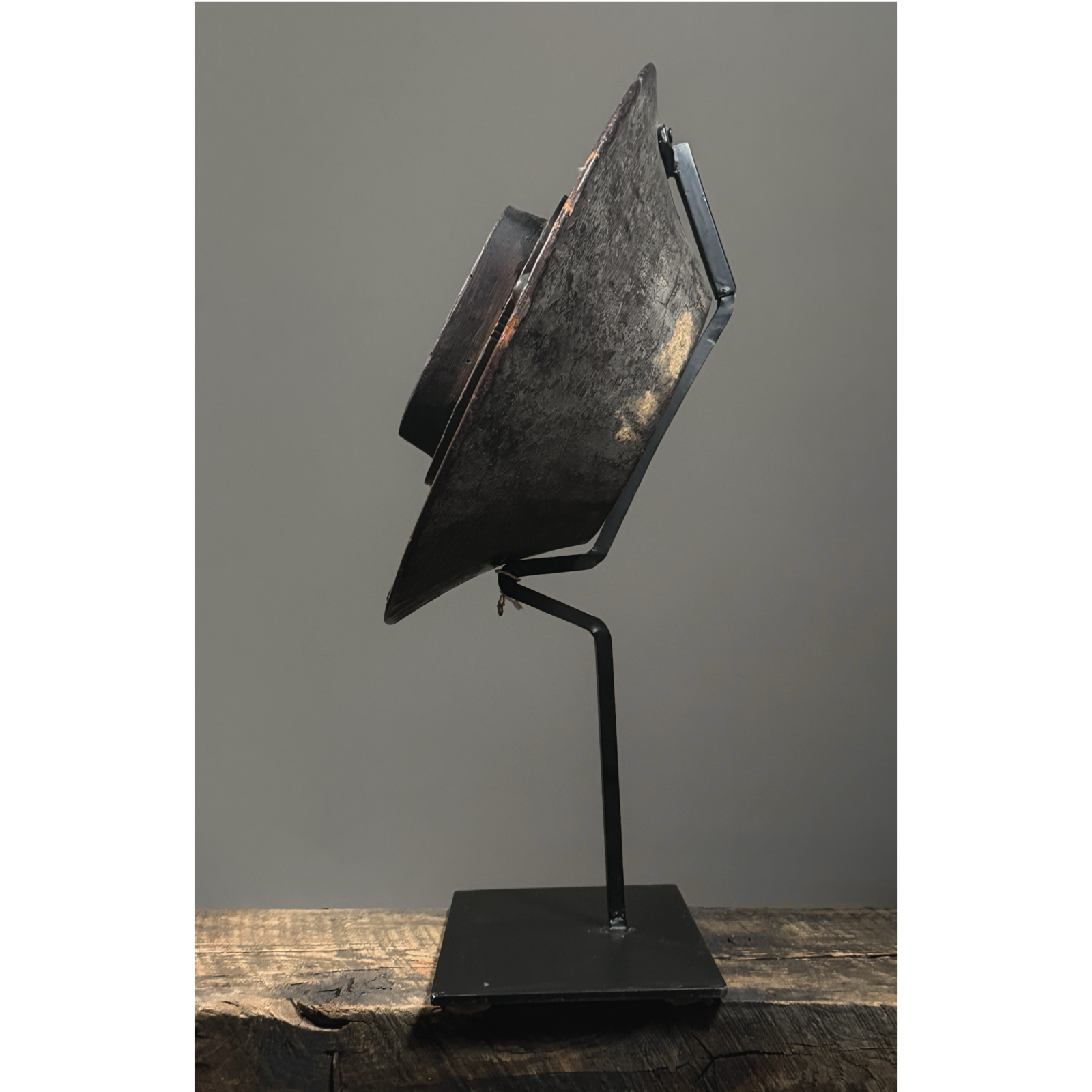 Image 3 of 10
Image 3 of 10

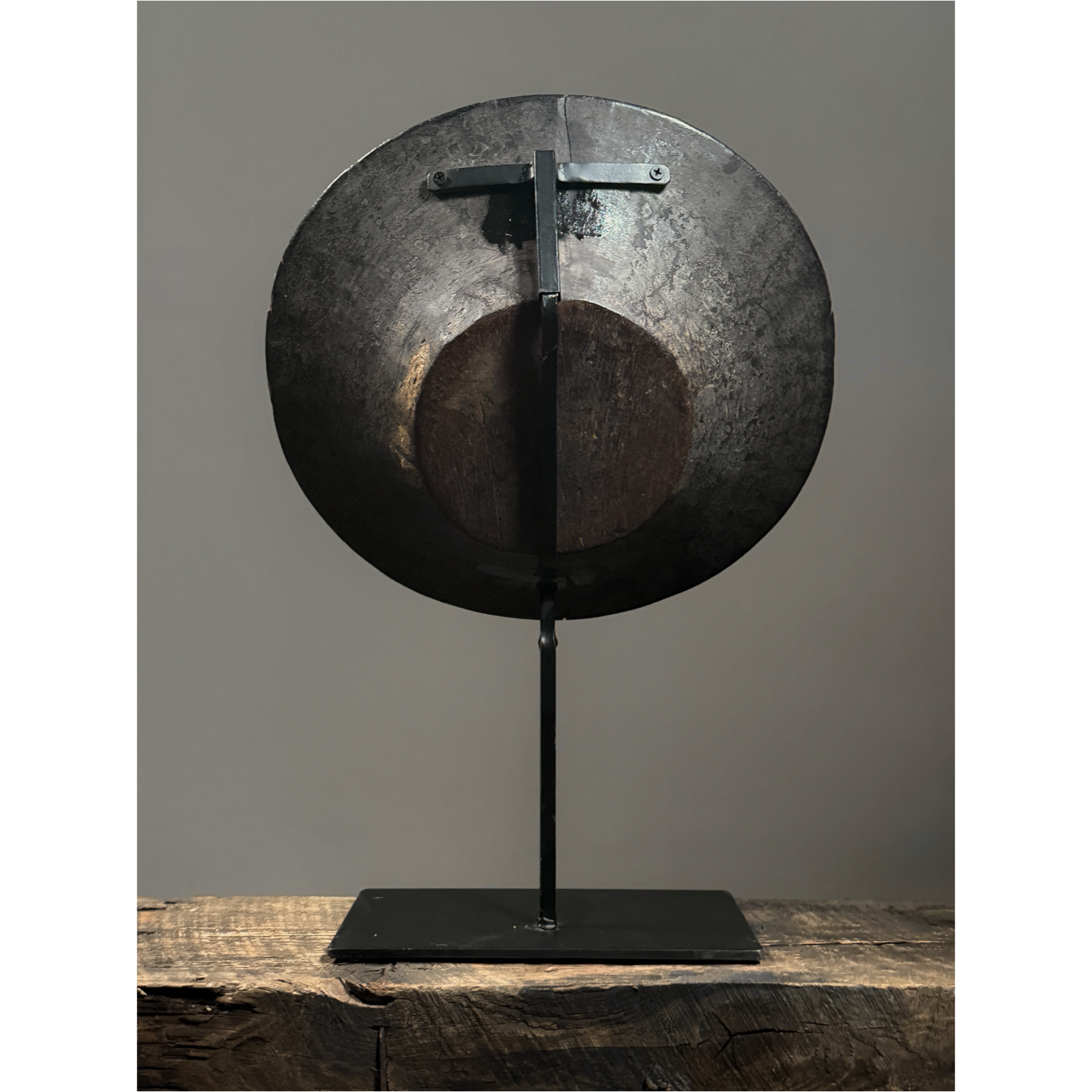 Image 4 of 10
Image 4 of 10

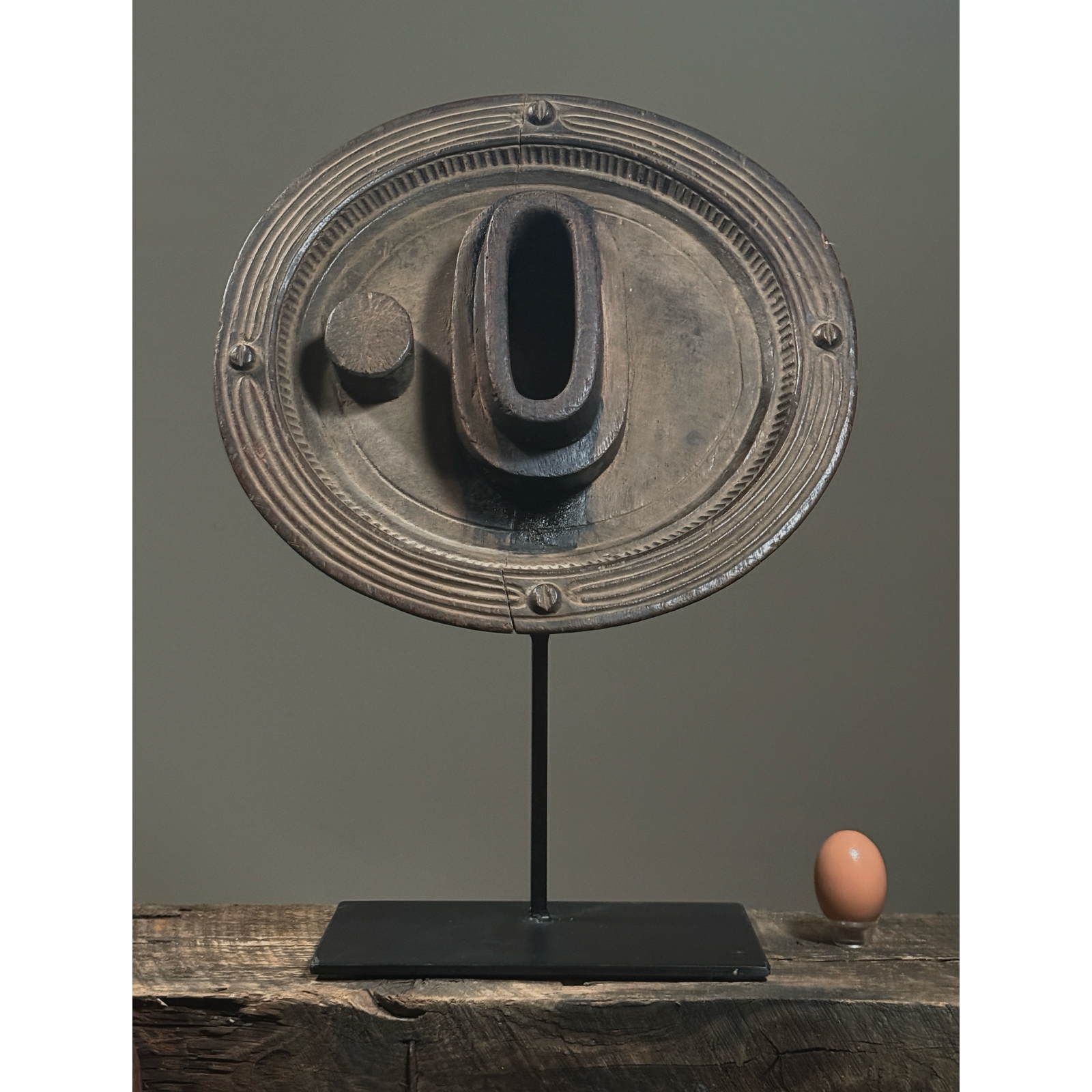 Image 5 of 10
Image 5 of 10

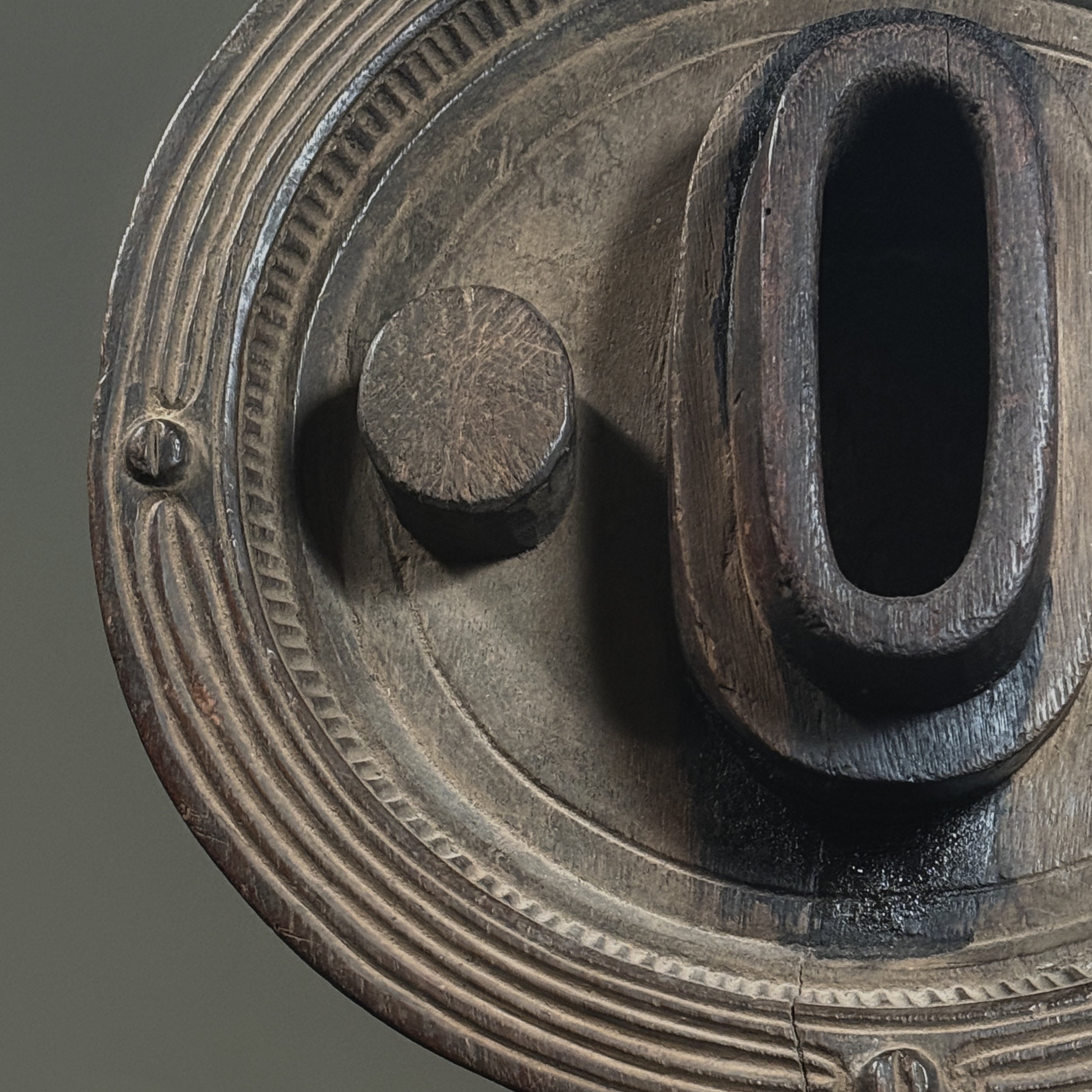 Image 6 of 10
Image 6 of 10

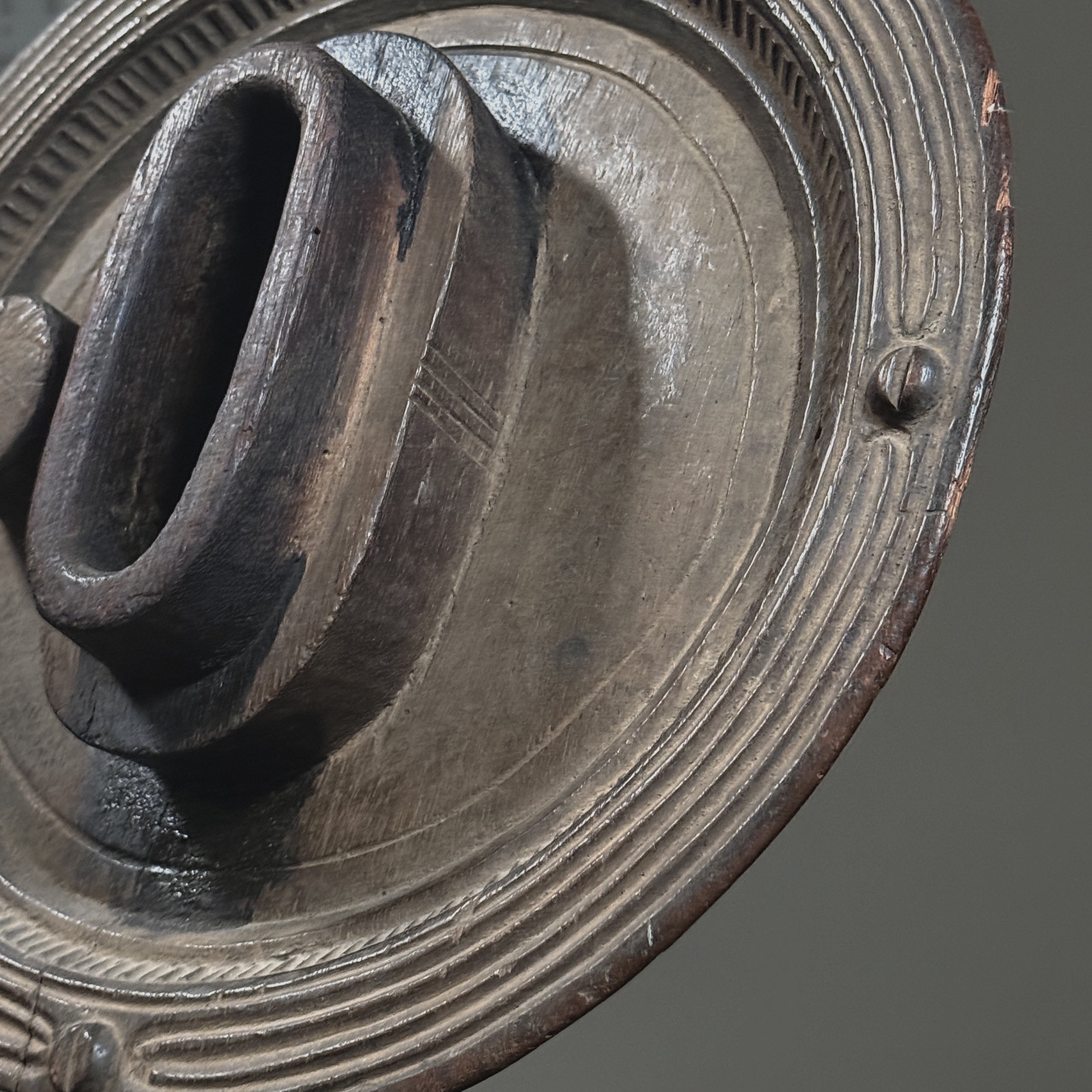 Image 7 of 10
Image 7 of 10

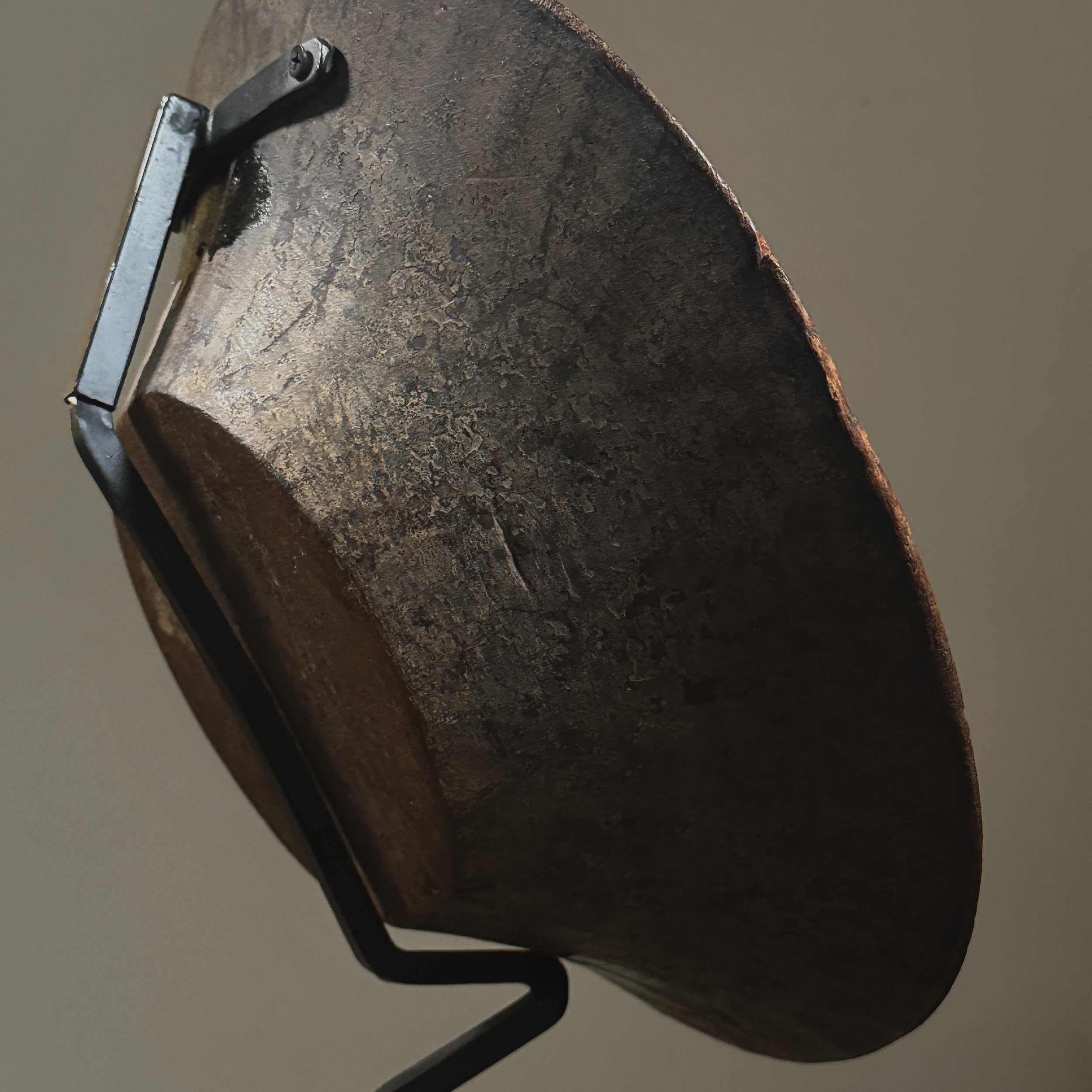 Image 8 of 10
Image 8 of 10

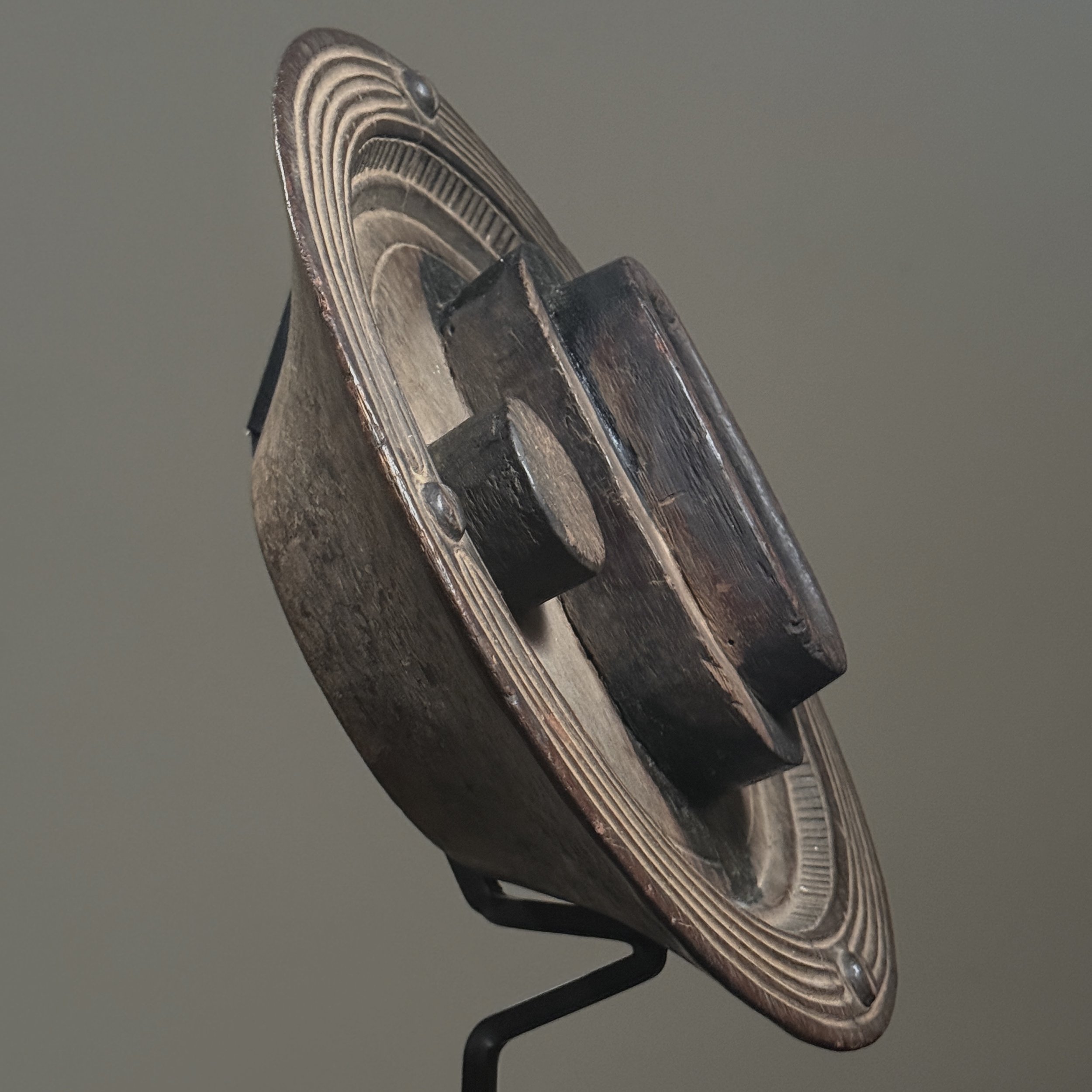 Image 9 of 10
Image 9 of 10

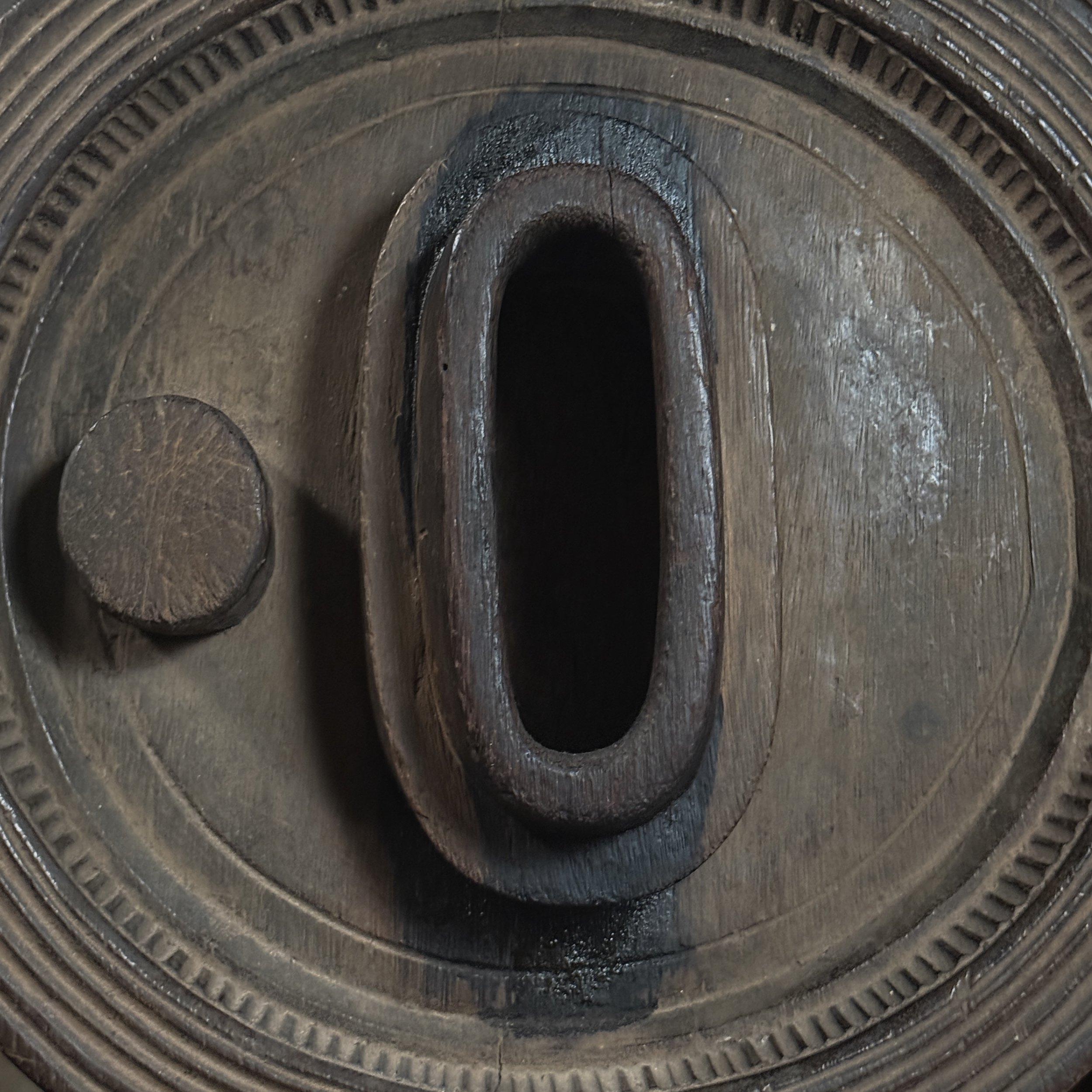 Image 10 of 10
Image 10 of 10











Antique Hand Carved Prestigious Igbo Okwa Kola Nut Bowl on Custom Stand
Antique Hand Carved Igbo Okwa Kola Nut Bowl on Custom Stand
This Igbo okwa kola nut bowl is a handcrafted wooden ceremonial vessel from southeastern Nigeria, traditionally used to present and share kola nuts (ọjị)—a sacred symbol of hospitality, unity, and spiritual communion in Igbo culture. Sits on a heavy custom metal stand. Minimalist carving detail along the rim. In used condition.
Cultural Significance & Ritual Use
The okwa bowl plays a central role in Igbo ceremonies, including:
- Iwa ọjị (kola nut breaking): A ritual offering to welcome guests and honor ancestors.
- Igba nkwu (traditional weddings): Symbolizing the union of families.
- Ichi eze / Ichi ozo (title-taking ceremonies): Marking leadership and prestige.
- Iri ji (new yam festivals): Celebrating harvest and gratitude.
Authentic Patina & Care
This bowl carries traces of palm oil (aku mmiri) residue around the center of the bowl, a natural byproduct of ceremonial use. Over time, the oil darkens into a rich patina, enhancing the bowl’s historical character. To preserve its integrity, gently clean with a soft cloth and natural oils.
Antique Hand Carved Igbo Okwa Kola Nut Bowl on Custom Stand
This Igbo okwa kola nut bowl is a handcrafted wooden ceremonial vessel from southeastern Nigeria, traditionally used to present and share kola nuts (ọjị)—a sacred symbol of hospitality, unity, and spiritual communion in Igbo culture. Sits on a heavy custom metal stand. Minimalist carving detail along the rim. In used condition.
Cultural Significance & Ritual Use
The okwa bowl plays a central role in Igbo ceremonies, including:
- Iwa ọjị (kola nut breaking): A ritual offering to welcome guests and honor ancestors.
- Igba nkwu (traditional weddings): Symbolizing the union of families.
- Ichi eze / Ichi ozo (title-taking ceremonies): Marking leadership and prestige.
- Iri ji (new yam festivals): Celebrating harvest and gratitude.
Authentic Patina & Care
This bowl carries traces of palm oil (aku mmiri) residue around the center of the bowl, a natural byproduct of ceremonial use. Over time, the oil darkens into a rich patina, enhancing the bowl’s historical character. To preserve its integrity, gently clean with a soft cloth and natural oils.




